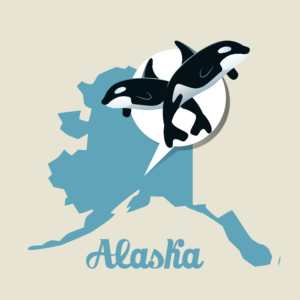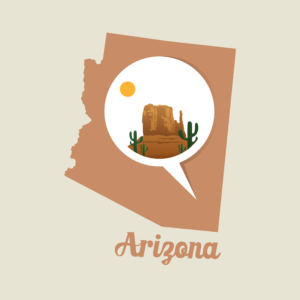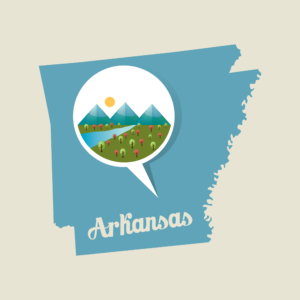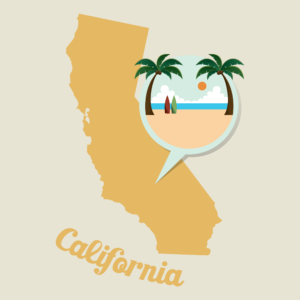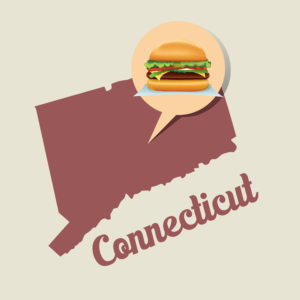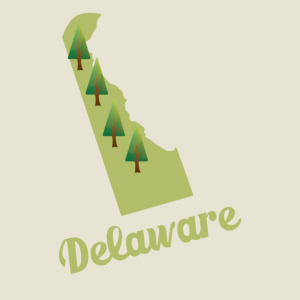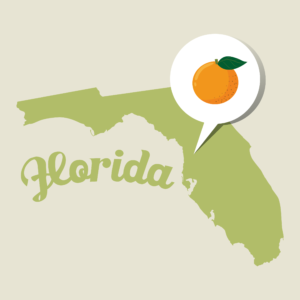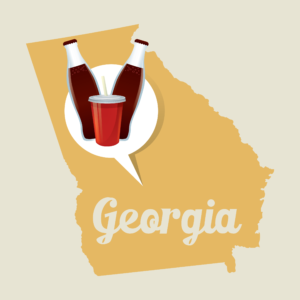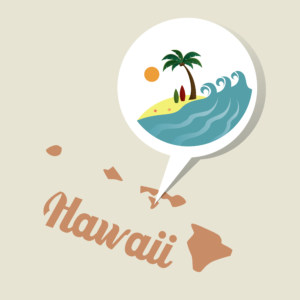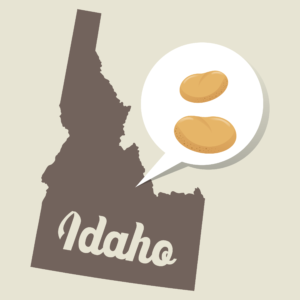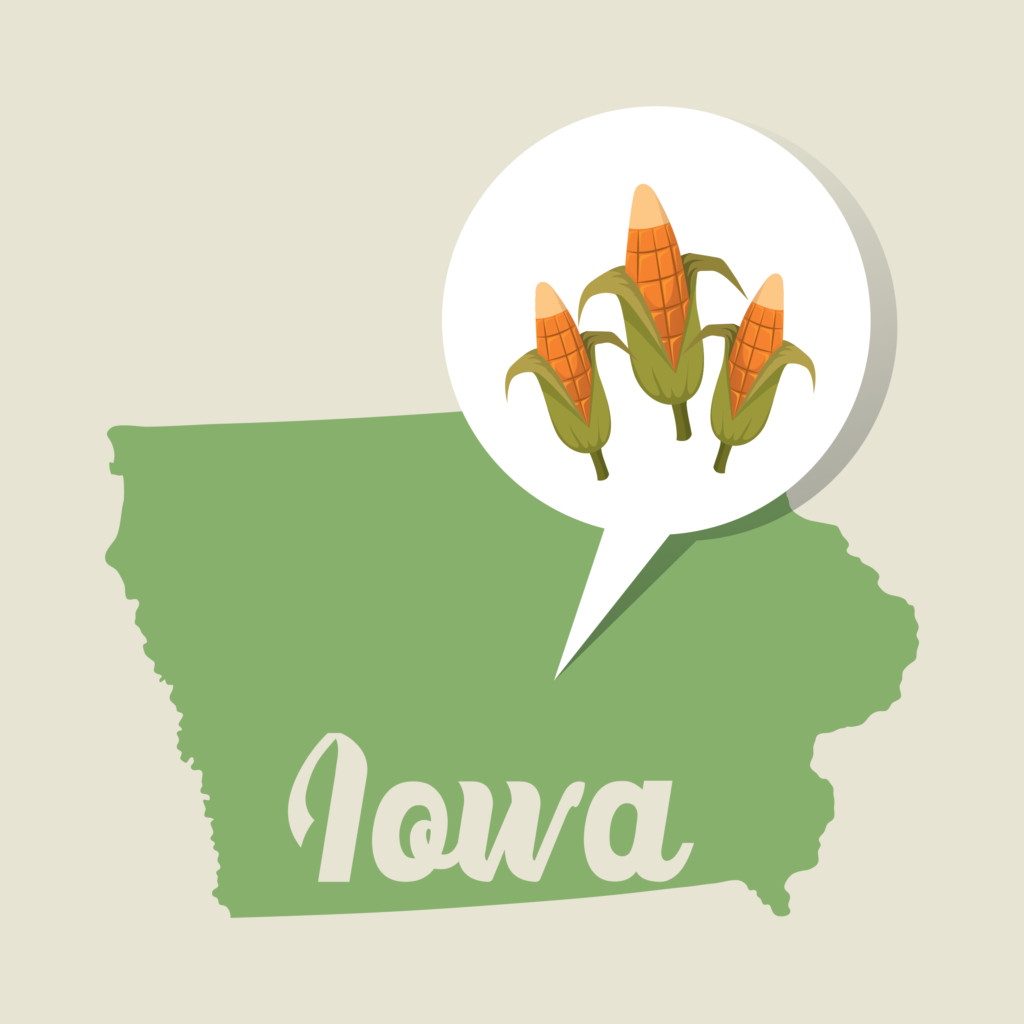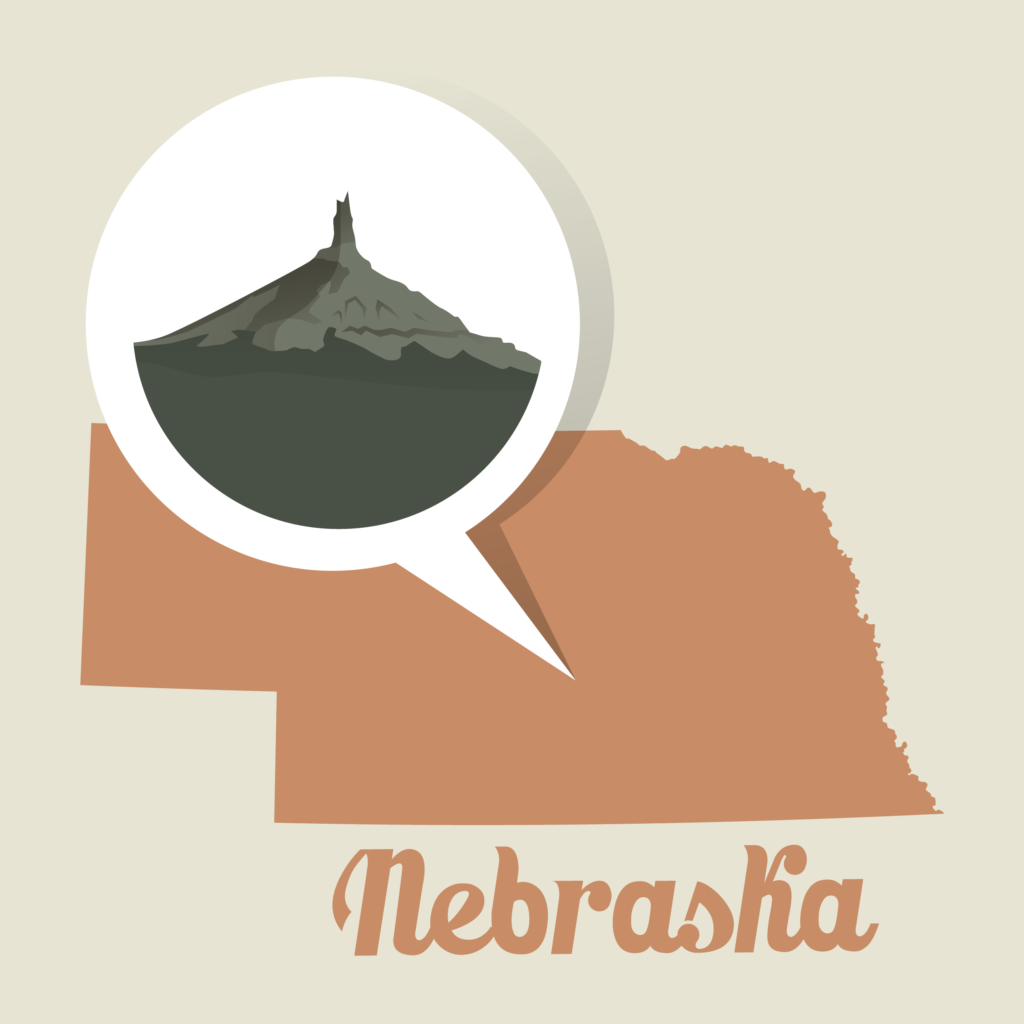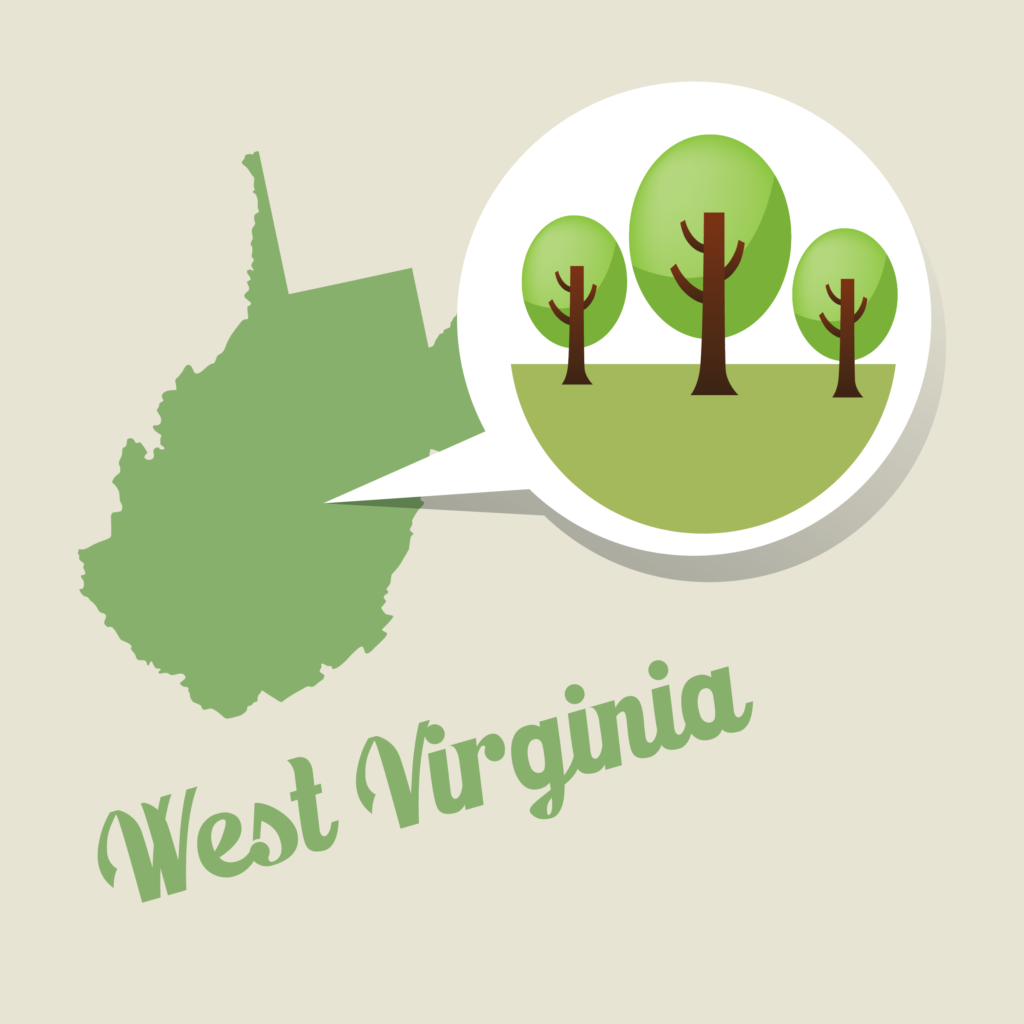State QR Code Compliance
Find out more about meeting labeling and State QR code compliance.
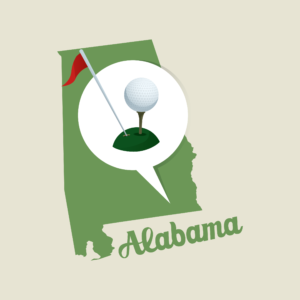
Alabama QR Code Compliance
There is no medical marijuana program in Alabama, but the federal Farm Bill of 2018 opened the door to CBD product sales in the state. The bill made hemp and hemp products, including CBD oil, legal to produce and sell.
Alaska QR Code Compliance
Alaska was an early adopter of medical and personal marijuana legalization. As of 2015, both medical and personal non-medical marijuana use are legal in the state. However, it cannot be consumed in public or while driving, and personal non-medical marijuana can only be used by adults over the age of 21.
Arizona QR Code Compliance
In 2018, Senate Bill 1098 was passed to allow the Arizona Department of Agriculture to start issuing licenses to hemp farmers. Hemp farming has taken off in Arizona, and like many other states, products made with hemp-based CBD oil became legal to sell.
Arkansas QR Code Compliance
Arkansas passed a 2019 law to decriminalize hemp-derived CBD and make it legal to sell and purchase in the state. The law does not contain any specific state regulations on CBD, but it defines what type of CBD products can be legally purchased and sold in the state.
California QR Code Compliance
While marijuana use has been legal since 2016, industrial hemp has not been as quickly embraced. The state is still clarifying its commercial hemp growing and production guidelines. Hemp-based CBD and CBD products are considered food, beverage and cosmetic additives and Assembly Bill 228 made that definition legal in 2019.
Colorado QR Code Compliance
Colorado is known as a “green state,” meaning marijuana is legal for medical and recreational use. It should be no surprise that CBD products are also legal in the state. In fact, it was the first state in the U.S. to designate hemp as a food product. It is also home to some of the largest and most established CBD manufacturers.
Connecticut QR Code Compliance
Industrial hemp has been legal in Connecticut since 2015, making it a state with one of the longest histories of legally growing and producing hemp products. As of 2019, the retail sale of CBD products also became legal.
Delaware QR Code Compliance
Possessing a small amount of non-medical cannabis was decriminalized in 2015, although it is still illegal to buy or sell cannabis in the state. Individuals possessing less than one ounce of cannabis will have to forfeit the cannabis and incur a civil fine.
Florida QR Code Compliance
Recreational marijuana is illegal in Florida. However, in 2019 hemp-based CBD products were made legal as part of the Florida Hemp Program under Senate Bill 1020. CBD is considered a food additive in Florida and is regulated by the Department of Agriculture and Consumer Services.
Georgia QR Code Compliance
The Georgia Controlled Substances Act calls for strict marijuana regulation. Persons in possession of less than once ounce of marijuana face up to 12 months in jail, 12 months of public service, and a fine that can be as high as $1,000. Despite that, the state does have a medical marijuana program.
Hawaii QR Code Compliance
Production and distribution of CBD is considered illegal in Hawaii as of 2019. Even though hemp-based CBD oil with THC concentration of not more than 0.3% is federally legal, Hawaii considers CBD an “adulterated” substance and therefore unsafe for consumption under the Hawaii Food, Drugs, and Cosmetic Act.
Idaho QR Code Compliance
This state does not allow the sale or possession of CBD products. Because laws often change, check back for updates. We are continually following CBD legislative news.
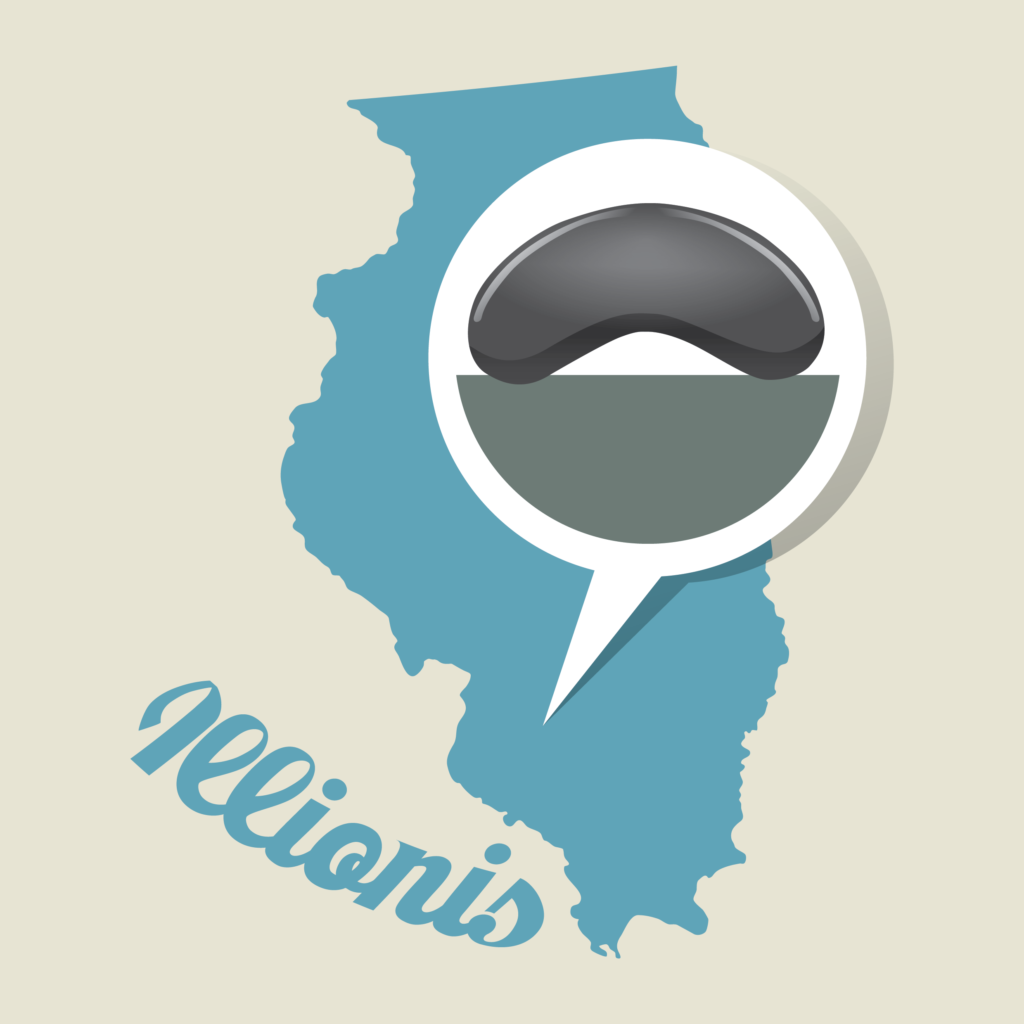
Illionis QR Code Compliance
Illinois approved its medical marijuana program in 2013, and the first state-approved dispensaries began operation in 2015. The program was initially approved as a “pilot program” set to expire in 2020, but the program is expected to continue past that date.
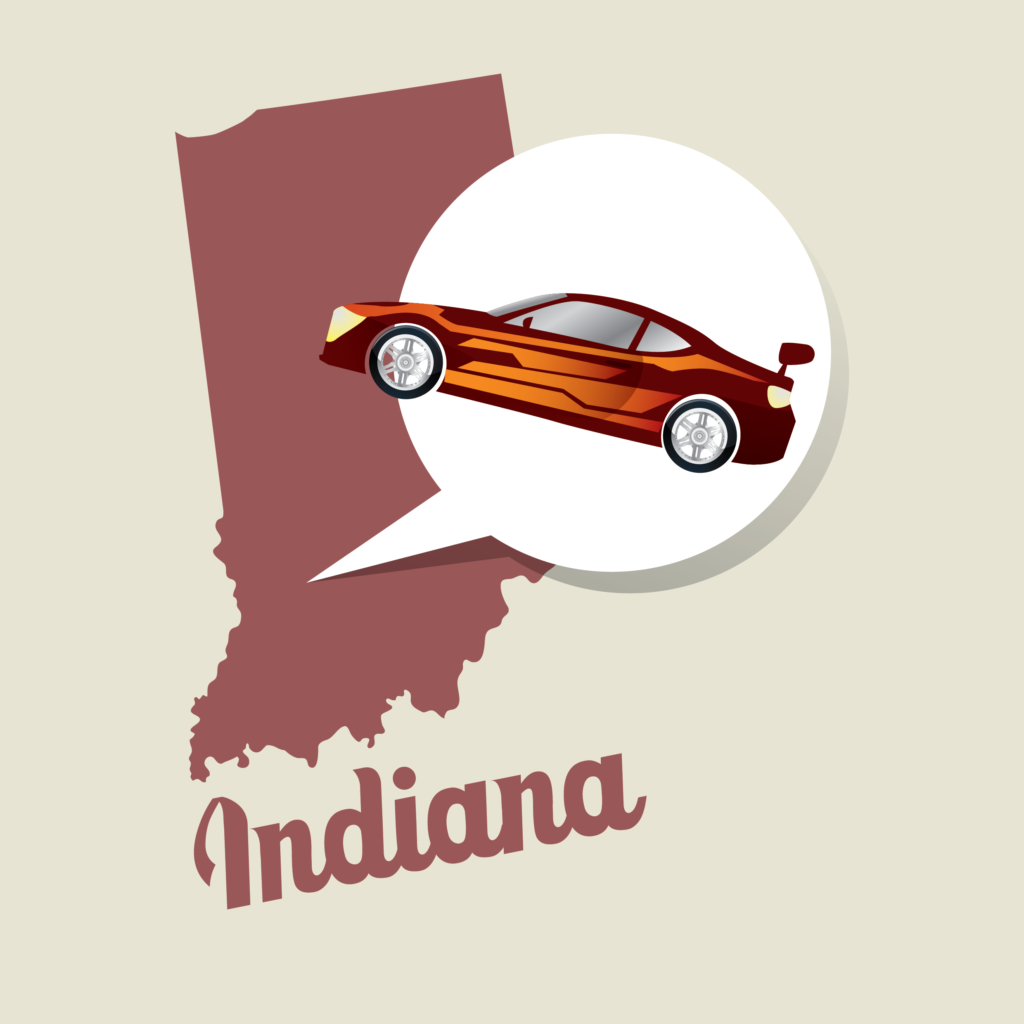
Indiana QR Code Compliance
As of 2019, Indiana is one of three states that require a QR code on the label to provide retailers and consumers with specific batch information, ingredients, and where the product was manufactured.

Kansas QR Code Compliance
Kansas historically has had some of the strictest anti-cannabis laws in the United States. Until 2019 neither medical nor recreational cannabis use was legal in the state. In fact, it was one of only four states in the country that hadn’t approved a medical marijuana program.
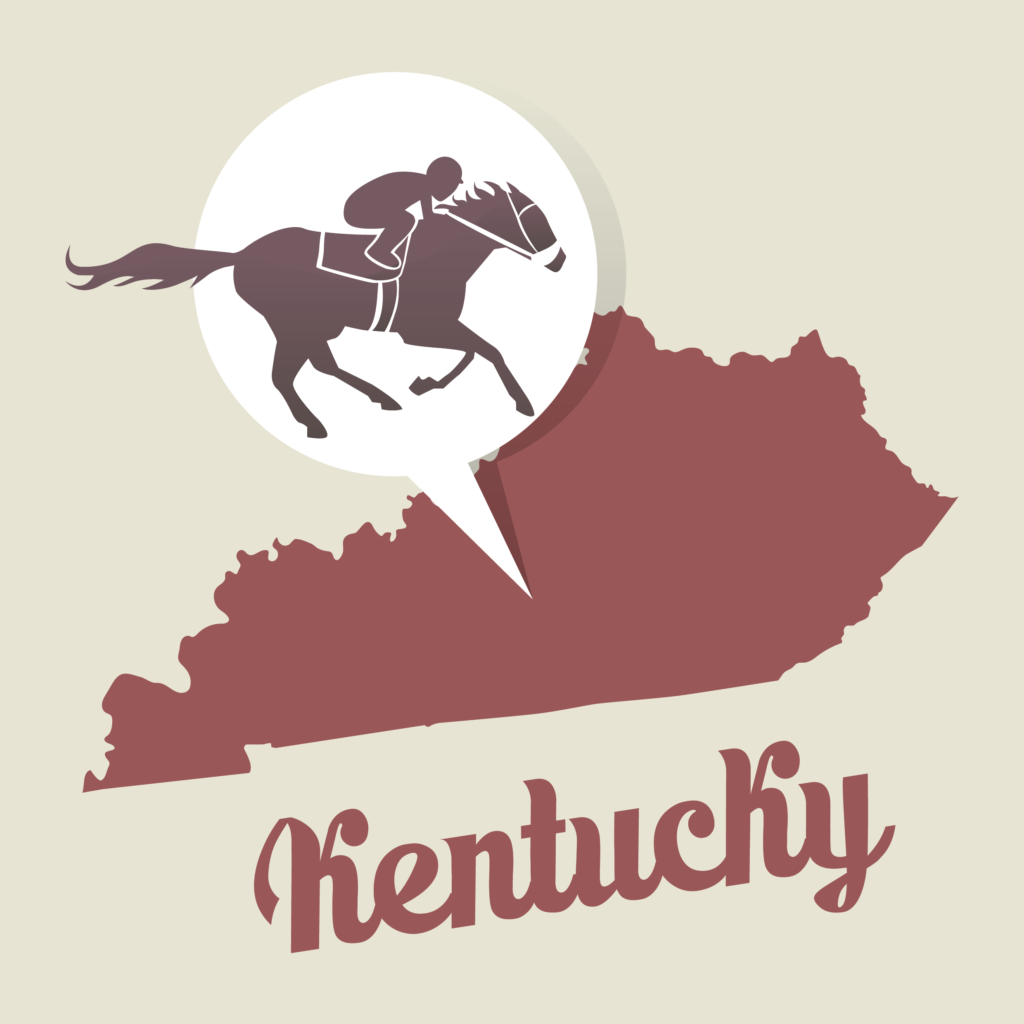
Kentucky QR Code Compliance
Back in 1900three-quarters of the hemp grown in the U.S. was produced in Kentucky. The state is poised to once again become a top producer of the crop now that it’s legal to cultivate and sell industrial hemp and hemp-based products.
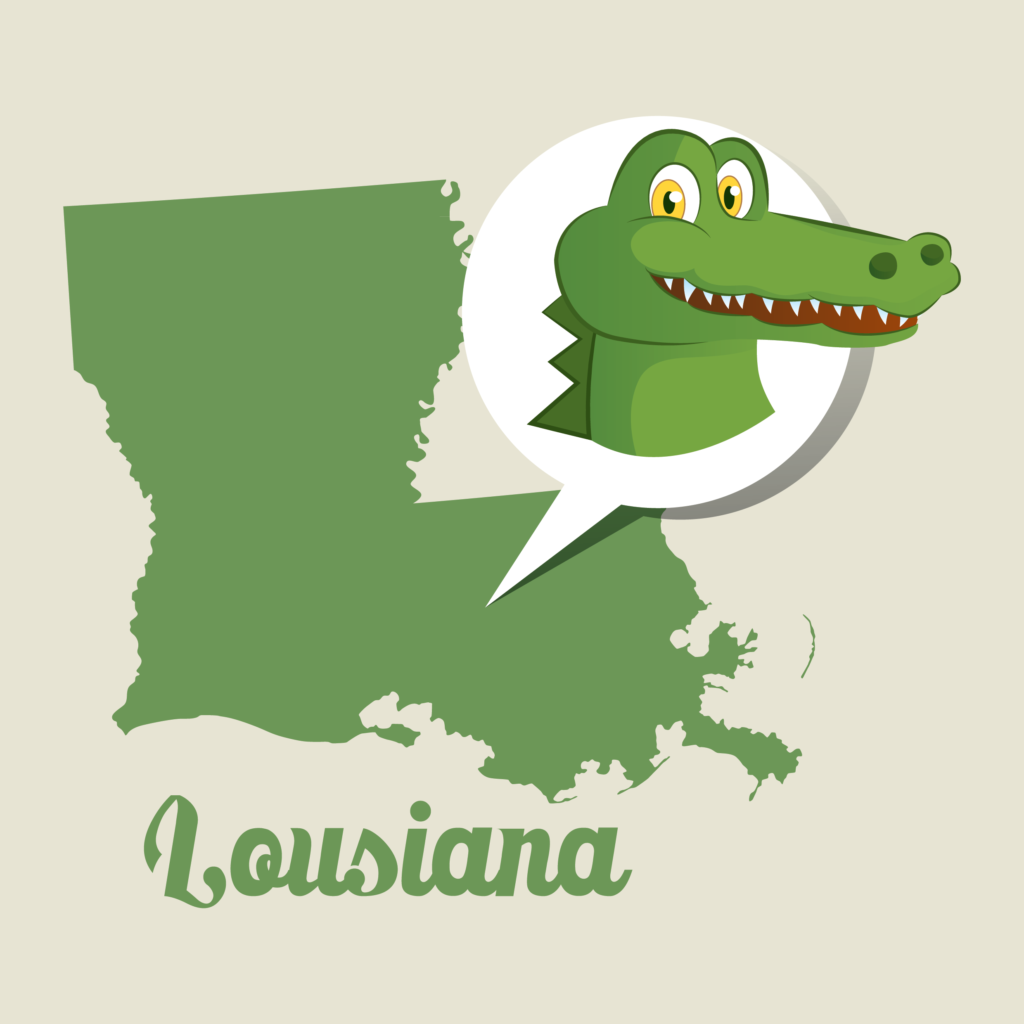
Lousiana QR Code Compliance
The state passed Louisiana House Bill 491, also in 2019, which legalized the sale of hemp-based CBD products. To meet federal legal requirements, CBD products must contain THC concentrations of not more than 0.3%. The Louisiana Department of Health manages the regulation of CBD products and it is expected CBD manufactures will need to provide detailed product testing results.
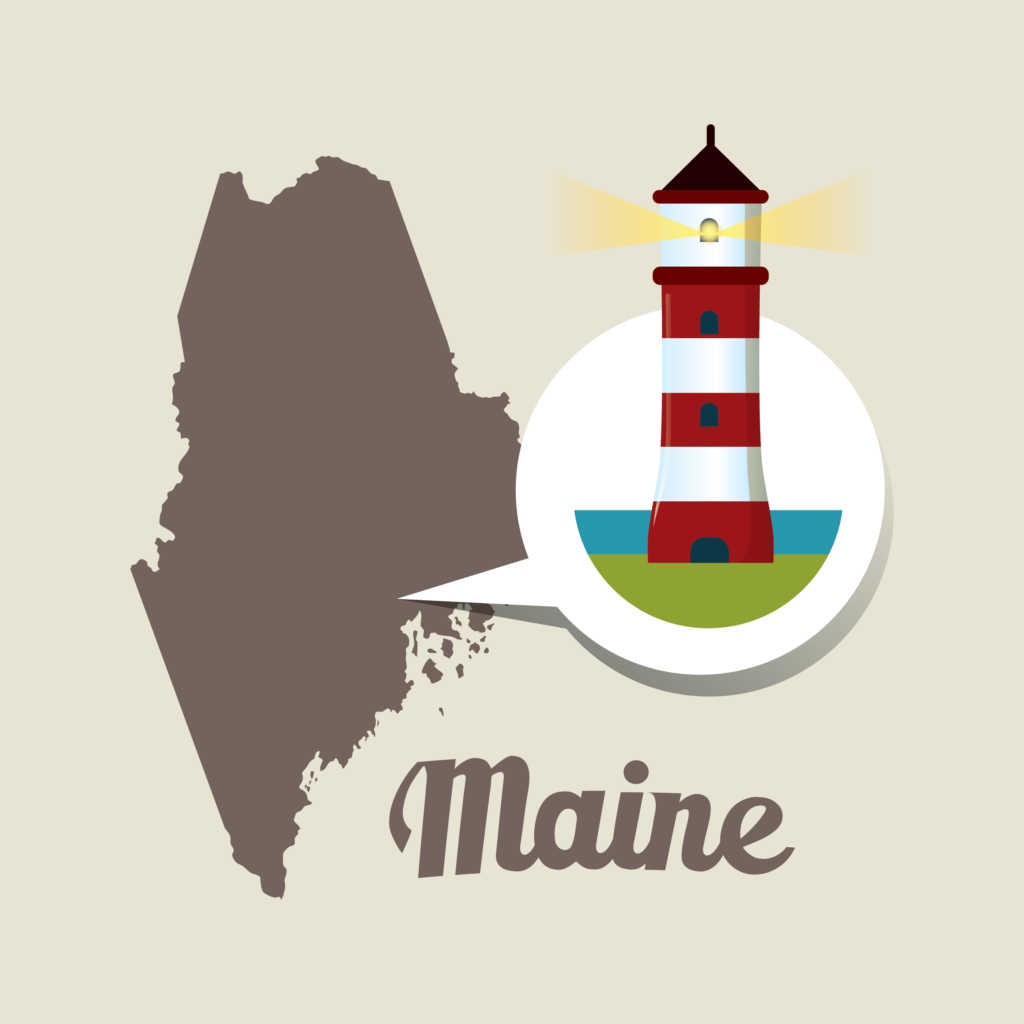
Maine QR Code Compliance
Maine is a “green state” where marijuana is legal both medically and recreationally. It’s also a state where industrial hemp is grown, and hemp growers are active in local policy issues. Since 2018, the state has been attempting to legalize CBD in food products.
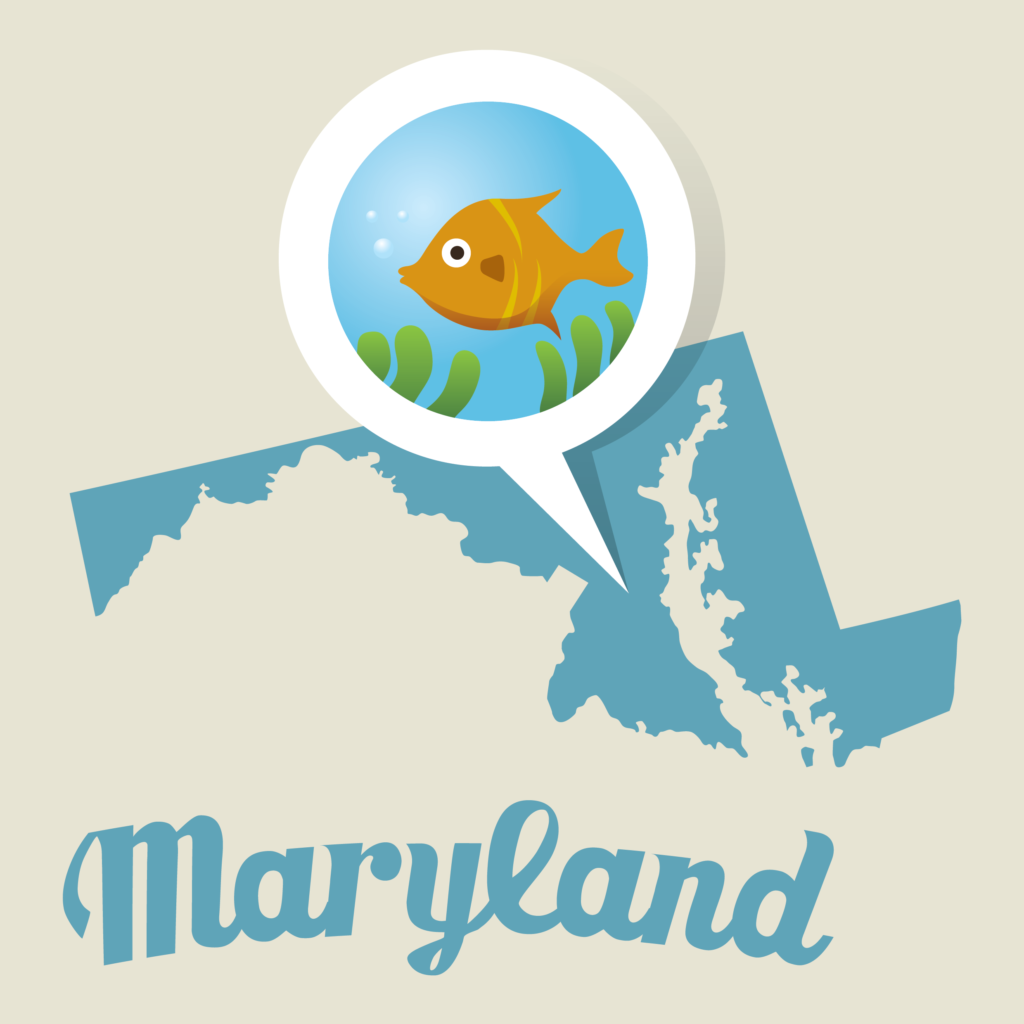
Maryland QR Code Compliance
The state approved Maryland House Bill 1123 to legalize industrial hemp research and production. Although the legislation allows for cultivation and production under certain circumstances, the state stopped short of establishing guidelines for CBD regulation and sale.
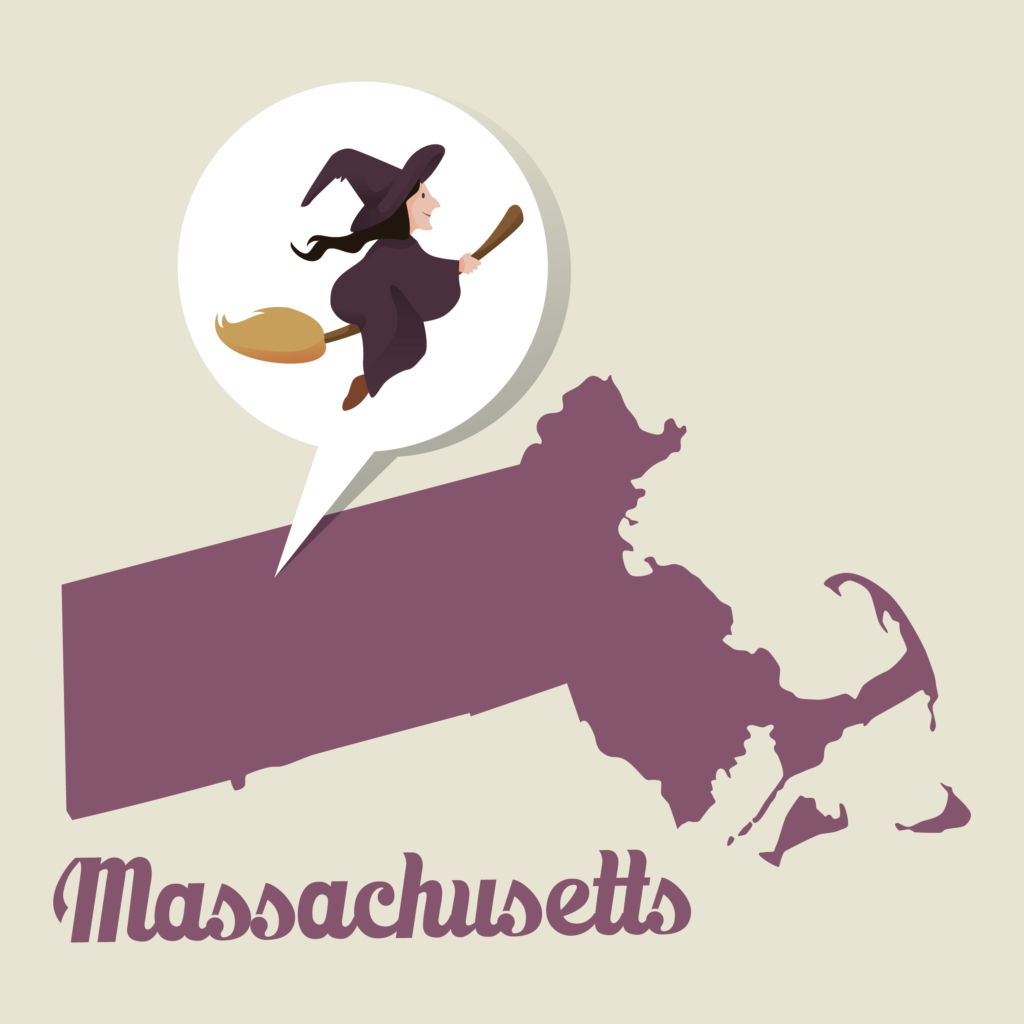
Massachusetts QR Code Compliance
Recreational and medical cannabis use are both legal in Massachusetts. Although CBD derived from marijuana is already legal in the state and controlled by the state’s Cannabis Control Commission, hemp-based CBD has not yet been legalized for use in food, beverages, or cosmetics.
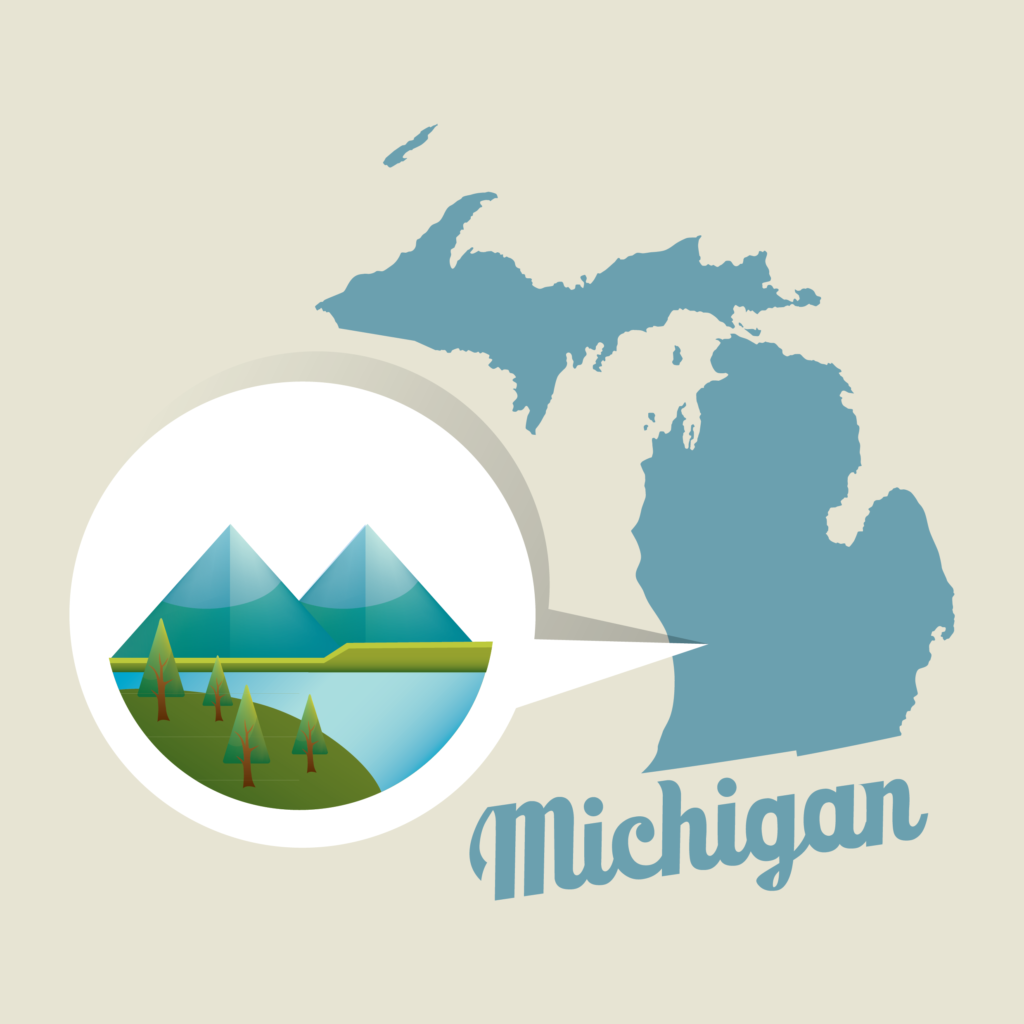
Michigan QR Code Compliance
In 2018, Michigan voters approved recreational marijuana use through the state’s Proposal 1 ballot initiative. A few localities in Michigan, including Ann Arbor and Keego Harbor, decriminalized possession prior to 2018. Regulations and a state adult-use registry are expected to be in place by December 2019.
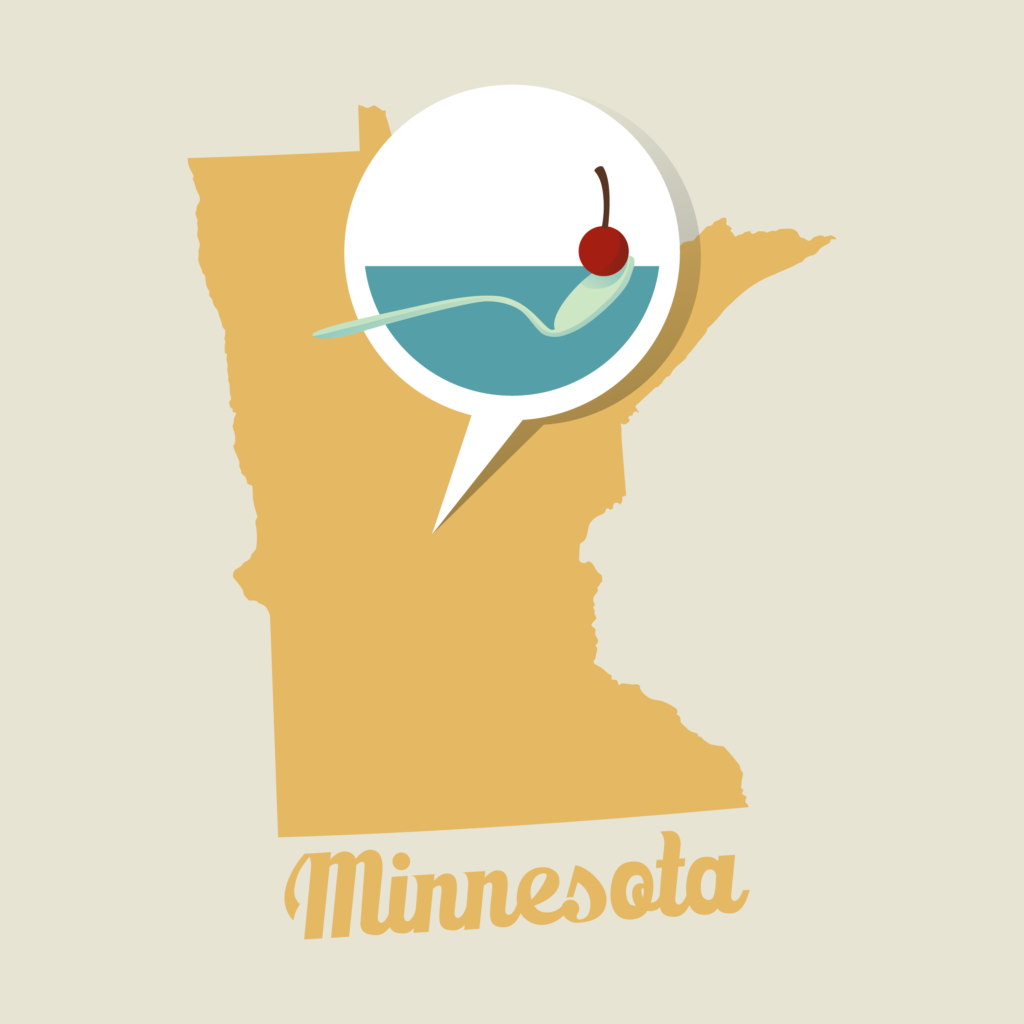
Minnesota QR Code Compliance
Recreational marijuana is illegal in Minnesota, but the state approved a medical marijuana program in 2014. The first medical cannabis distribution centers opened in 2018. There are only eight dispensaries in the state and a limited number of illnesses that qualify for medical marijuana registration, making it one of the more highly regulated programs in the country.
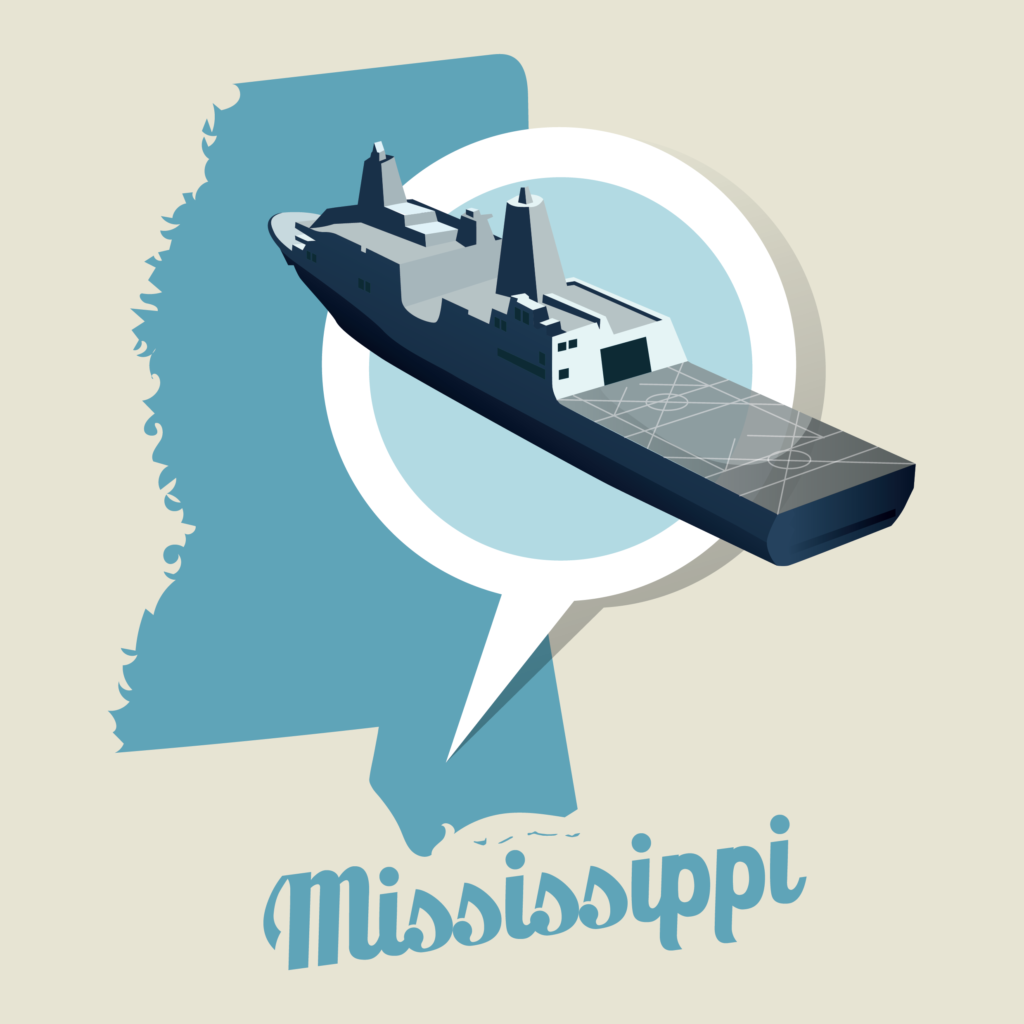
Mississippi QR Code Compliance
Mississippi is one of the last remaining states with several fully “dry” counties, meaning alcohol cannot be sold within those county limits. It was no surprise to residents that the state has tried and failed to pass recreational marijuana legislation in recent years.
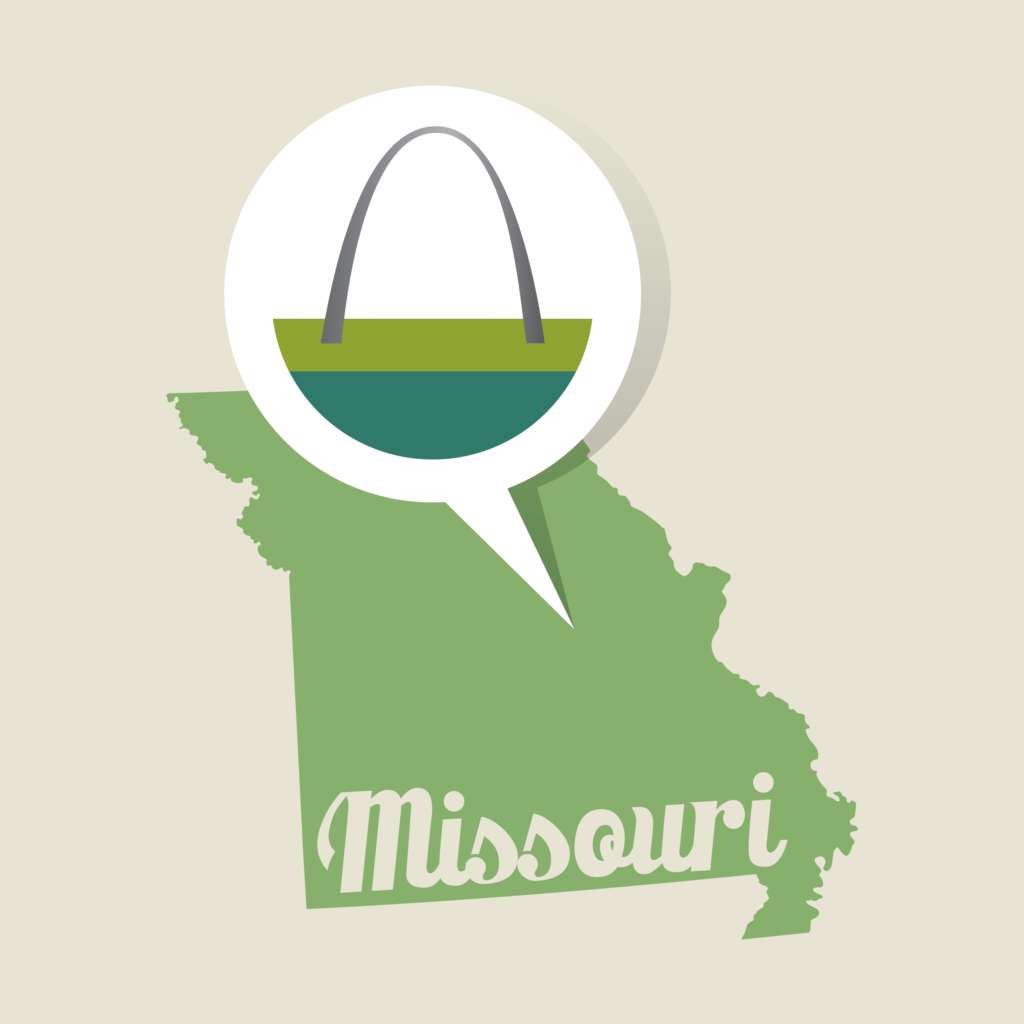
Missouri QR Code Compliance
Missouri medical marijuana use was approved via the state’s Amendment 2 in 2018. The initial guidelines released in 2019. The move coincided with hemp-based CBD being reclassified as legal under the federal 2018 Farm Bill. Even before Amendment 2 created the state medical marijuana program, Missouri allowed patients with intractable epilepsy to register with the Missouri Hemp Extract Regulation Program.
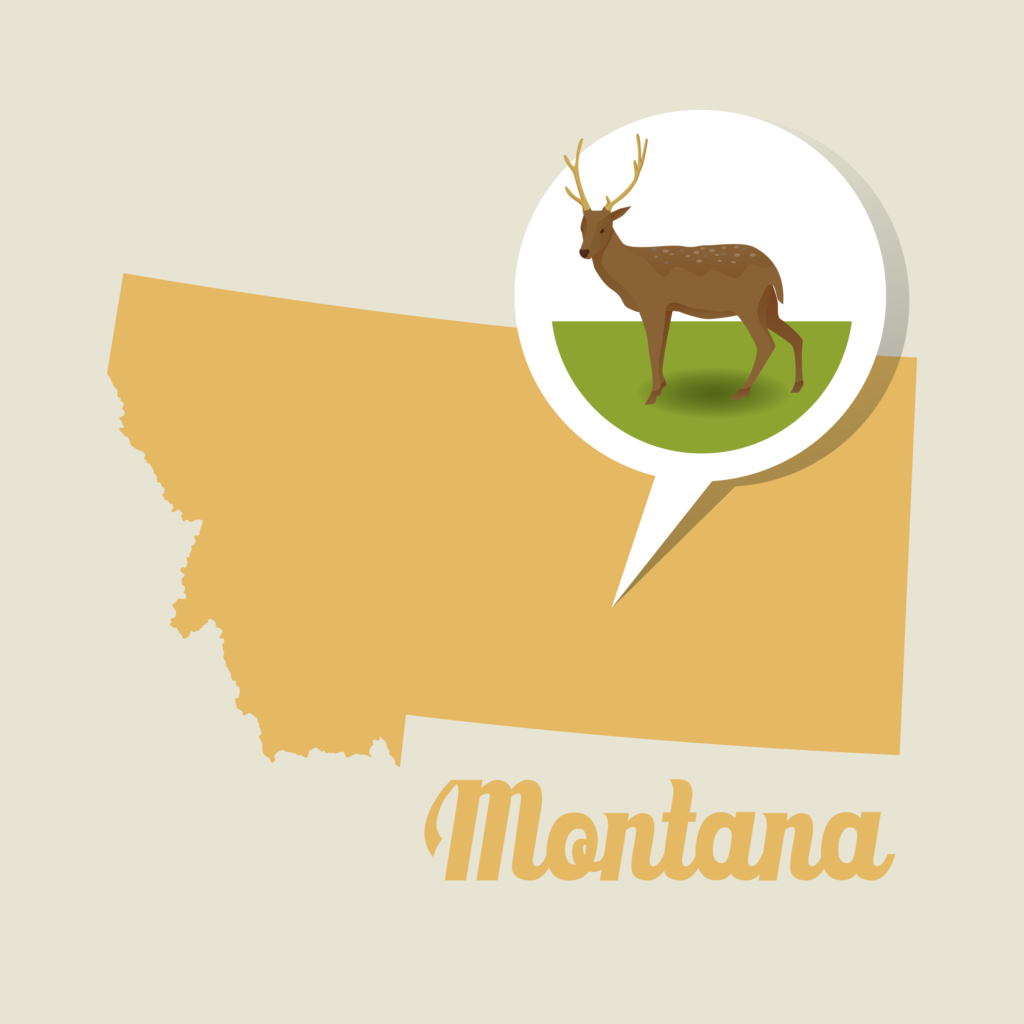
Montana QR Code Compliance
Montana was one of the first states to develop a medical marijuana program in 2014, but it has also seen several unsuccessful attempts to overturn the law. As of 2019, the Montana Medical Marijuana Program controls and regulates medical cannabis in the state. Patients can grow plants or purchase from a state-licensed dispensary. Montana has state-owned cannabis testing labs and has developed a system to track cannabis “from seed to sale.”

Nevada QR Code Compliance
As of 2017, both the recreational, or adult-use, and medical cannabis programs are run through the Nevada Department of Taxation. Many dispensaries in Nevada are dual-use, meaning both medical and adult-use marijuana are sold from the same outlet. There are no excise taxes on registered medical users, although adult-use purchasers pay a 10% tax.
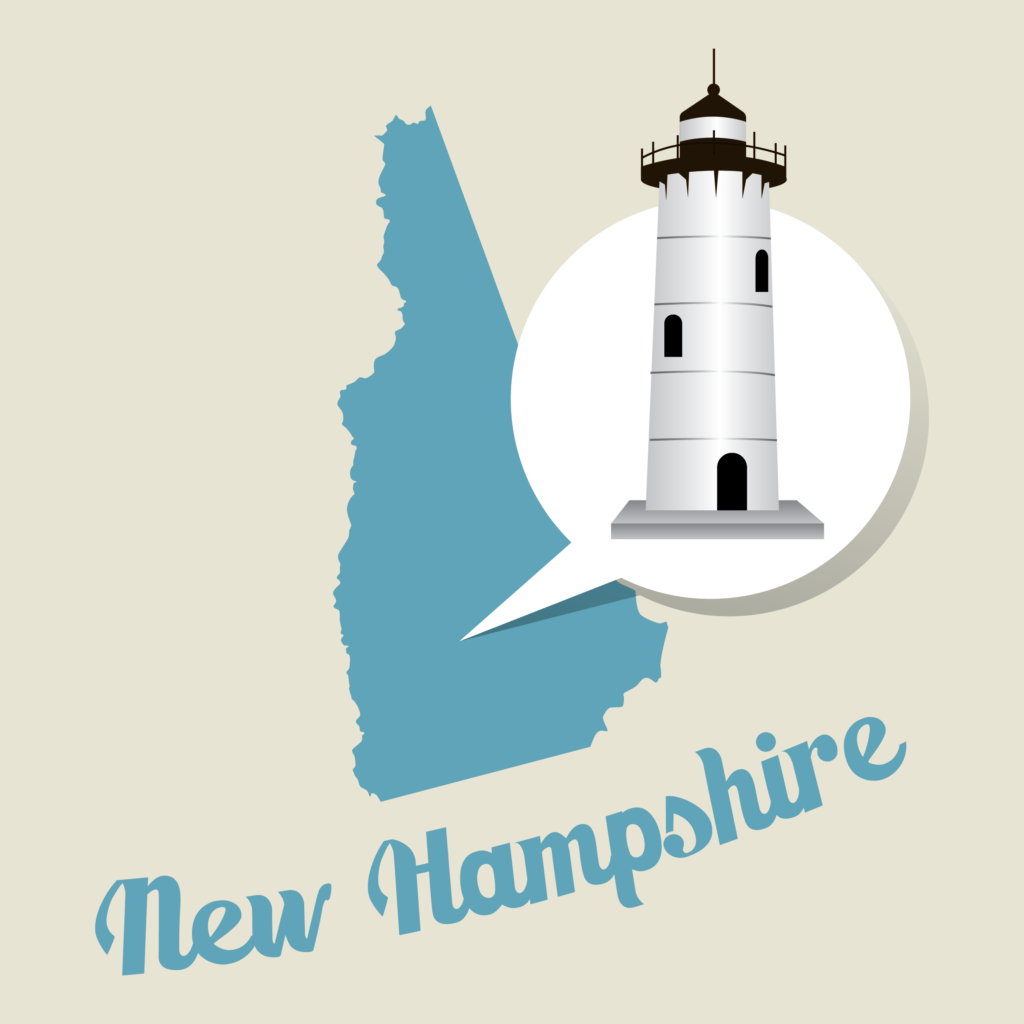
New Hampshire QR Code Compliance
New Hampshire passed its medical marijuana law in 2013, although it was one of the more restrictive programs in the country when it was passed. The New Hampshire Therapeutic Cannabis Program In 2019, New Hampshire Senate Bill 88 loosened some restrictions making it easier for medical patients to receive access to cannabis.
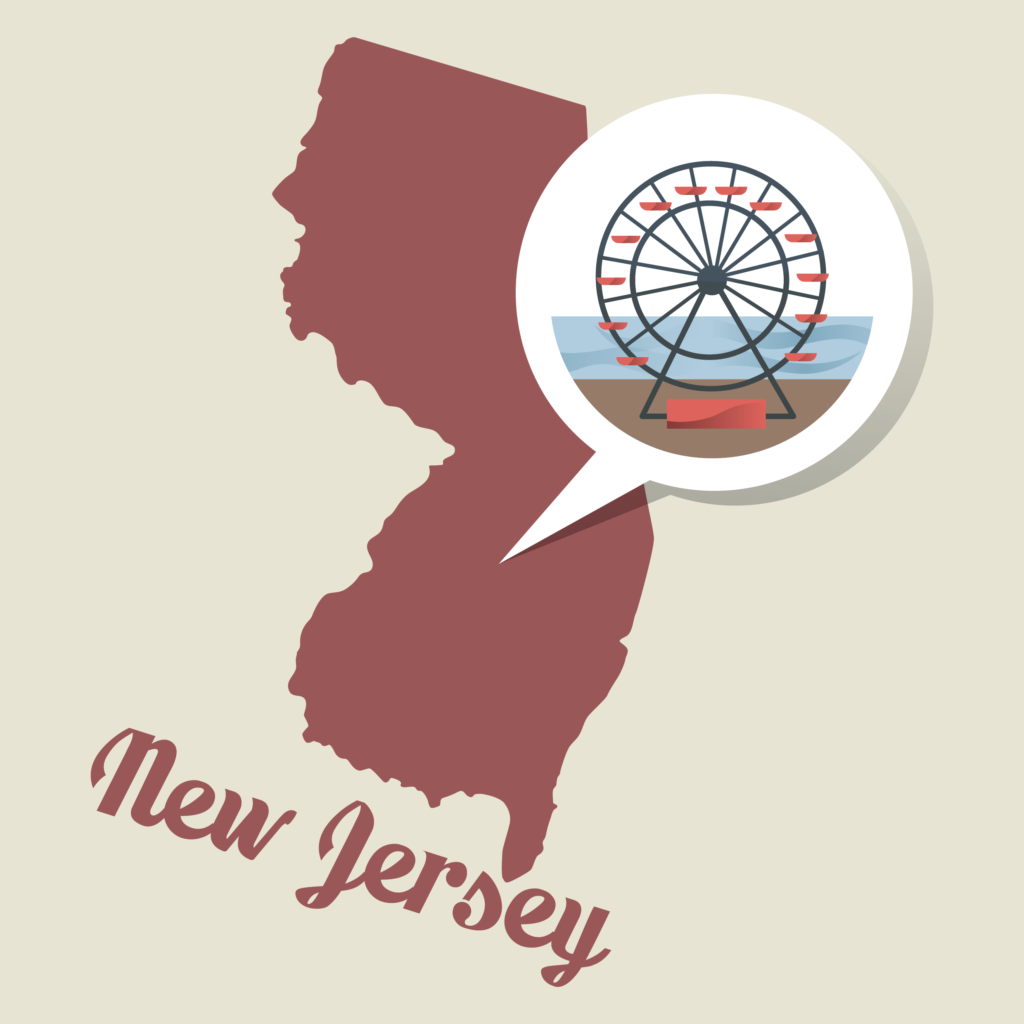
New Jersey QR Code Compliance
New Jersey’s industrial hemp pilot program started in 2018. In 2019, Assembly Bill 5322 solidified the program and took it from a “pilot” to a permanent program. Under the bill, regulations around hemp and hemp-based products will be established. The bill made hemp-based CBD oil legal for sale in the state, but it specifically defers to FDA rules on whether CBD can be added to food and beverages.
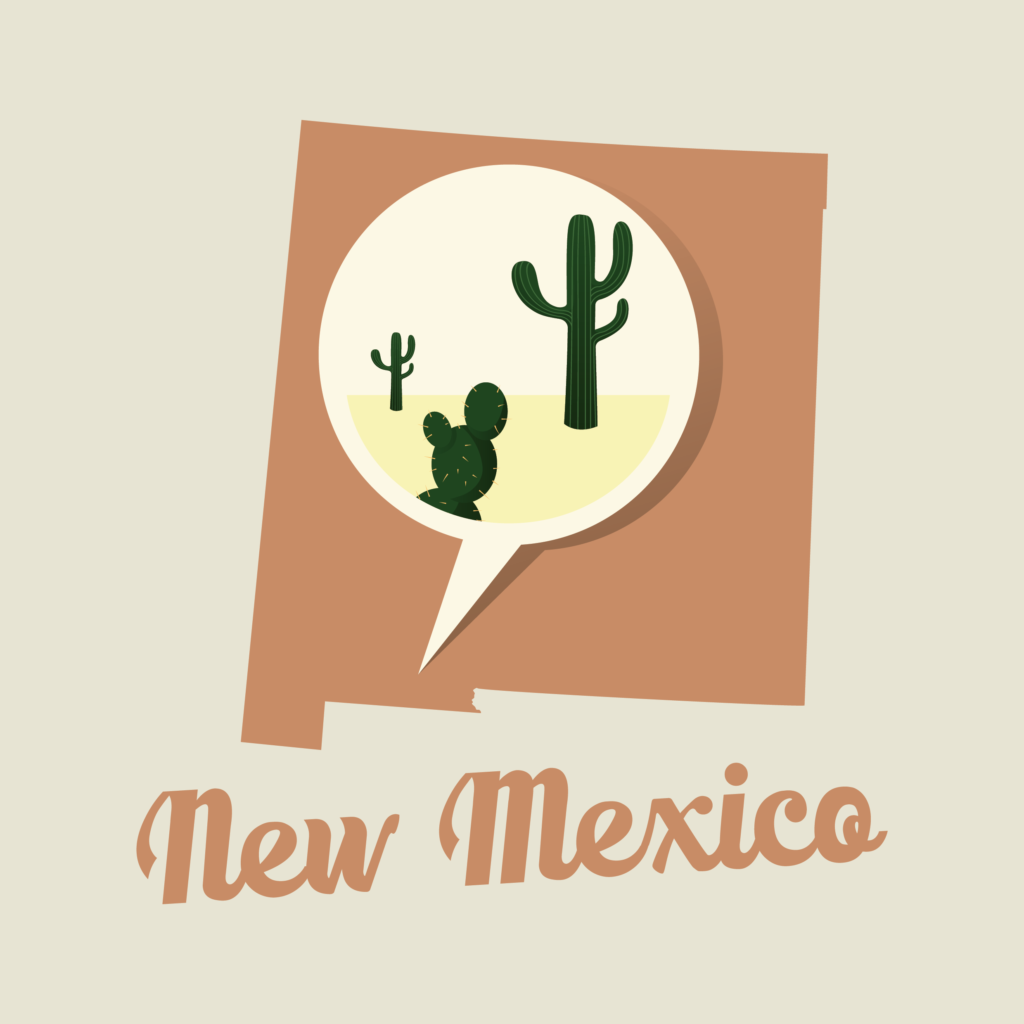
New Mexico QR Code Compliance
New Mexico hemp cultivation became legal in 2019, and with it came the legalization of CBD products. The state is making a big push for increasing hemp cultivation and oil manufacturing, with many facilities starting up across the state.
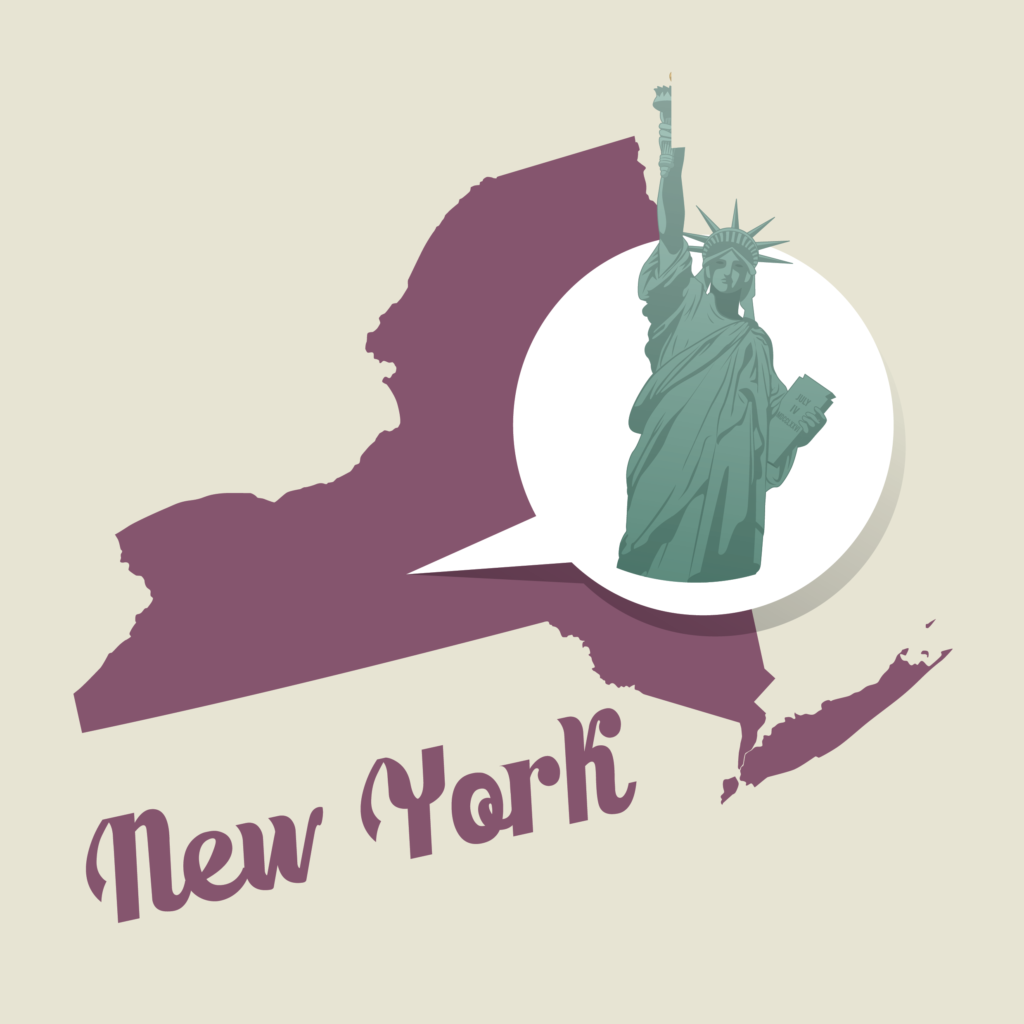
New York QR Code Compliance
New York has been on the edge of legalizing recreational marijuana for several years. As of 2019, marijuana has been decriminalized but is not yet legal. New York Senate Bill S6579A decriminalized marijuana possession and added it to the definition of “smoking” under the state’s public health regulations.
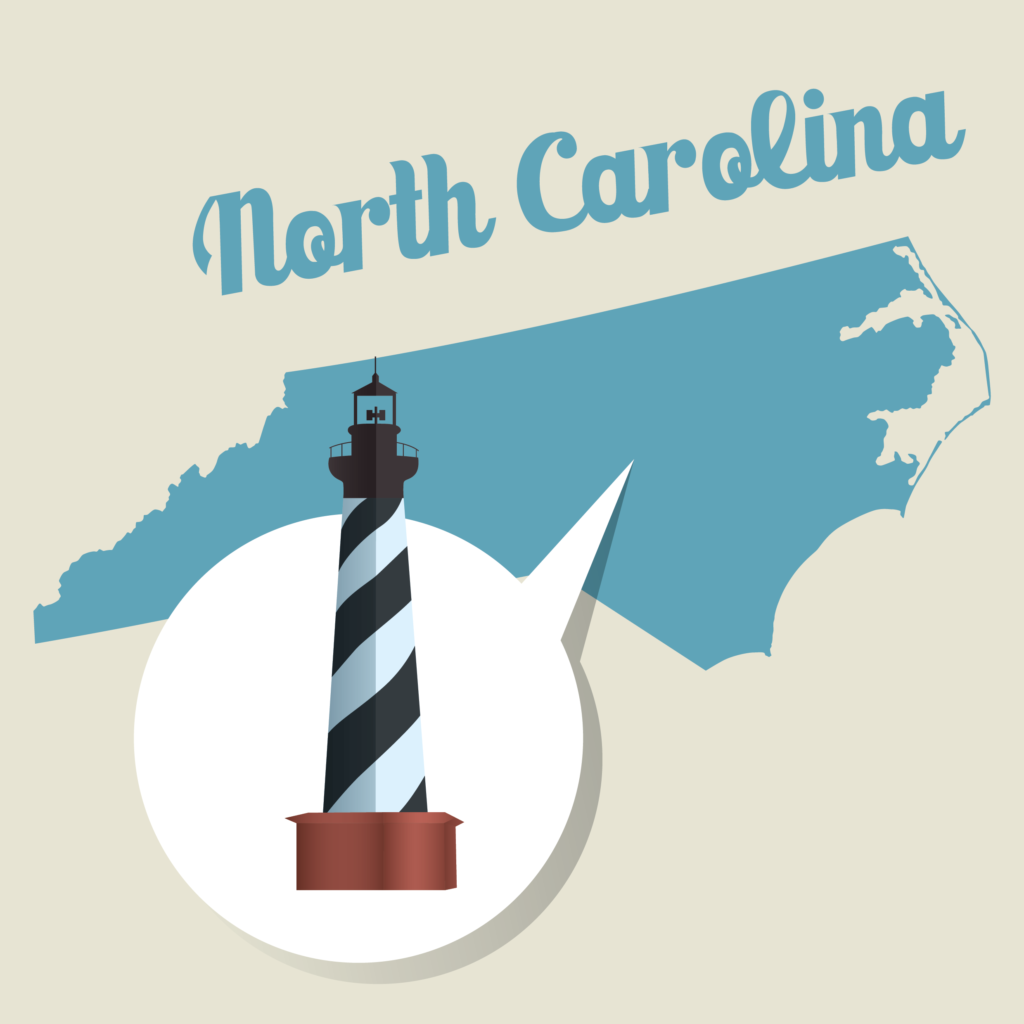
North Carolina QR Code Compliance
North Carolina’s medical marijuana program was established in 2014 and remains in “testing” phase until 2021. The state is studying the effects of cannabis on registered patients, and studies will determine whether cannabis treatment will continue in the state past 2021.
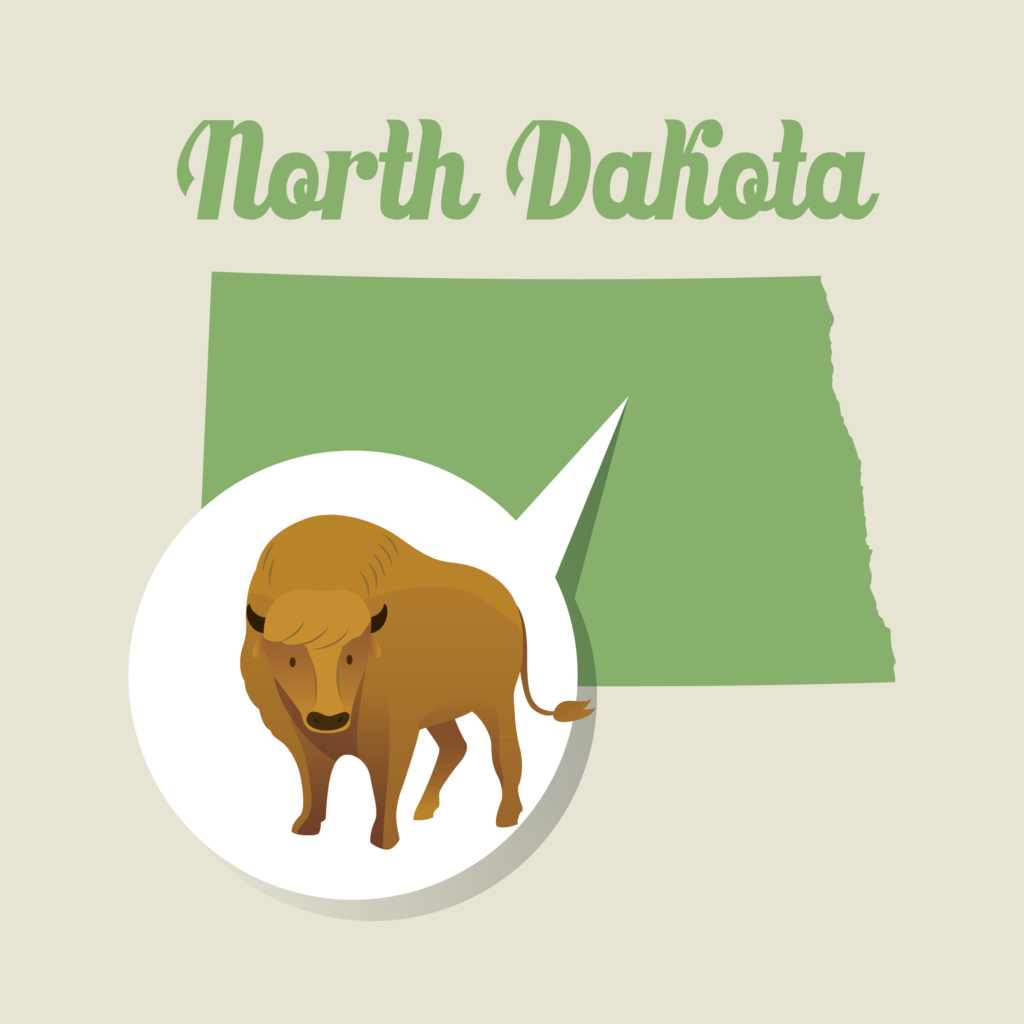
North Dakota QR Code Compliance
The North Dakota Compassionate Care Act legalized medical marijuana in 2016, but cultivation and sale of cannabis didn’t begin until 2018. In 2019, the program was expanded to include additional illnesses and to increase the amount of cannabis medical patients can purchase.
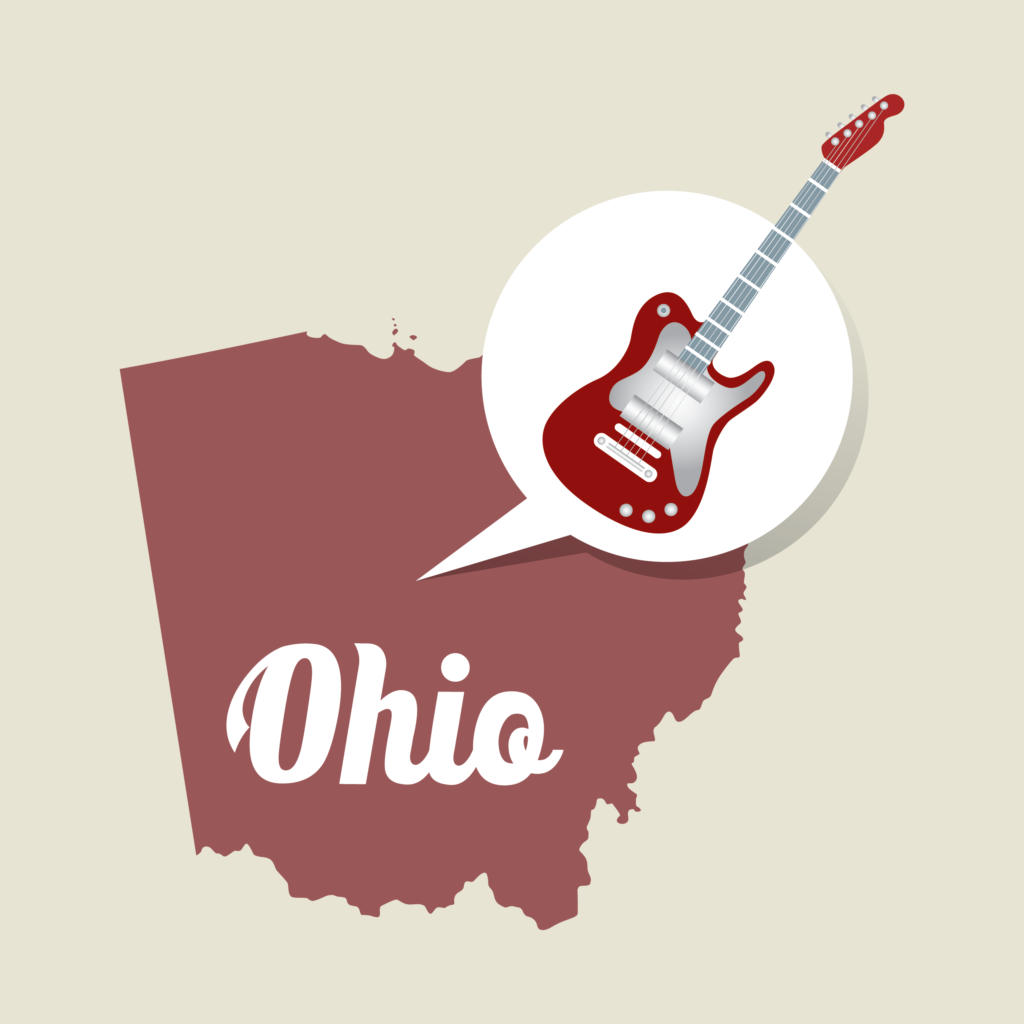
Ohio QR Code Compliance
In 2019, Ohio passed Senate Bill 57 to decriminalize hemp and license hemp production. This included a provision to allow low-THC hemp-based CBD sales in the state. CBD regulations are still being formed, although they are expected to follow federal regulations.
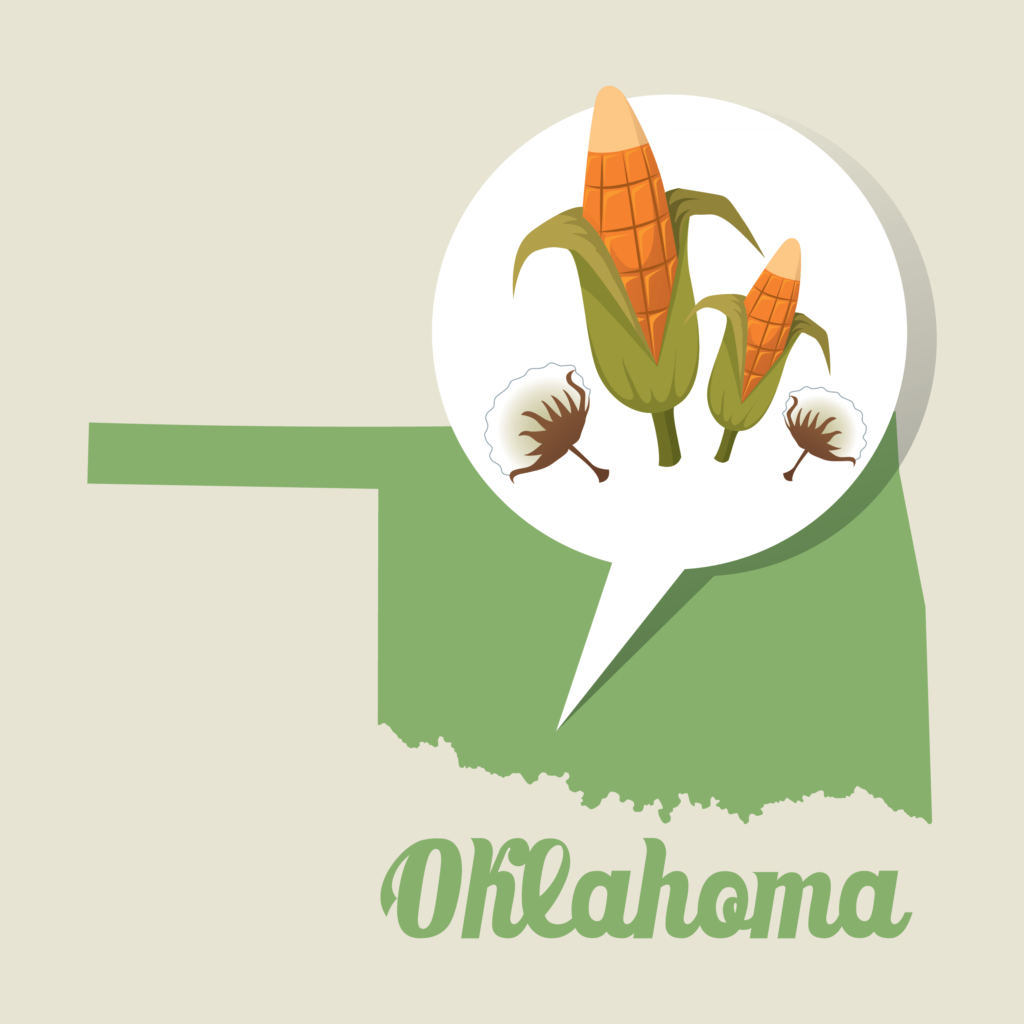
Oklahoma QR Code Compliance
In 2015, Oklahoma legalized CBD as long as it is hemp-based and contains less than 0.3% THC concentration. In 2019, additional amendments were made to Oklahoma Title 63, the law defining public health and safety issues, to make it legal for low-THC hemp-based CBD to be added to consumables.
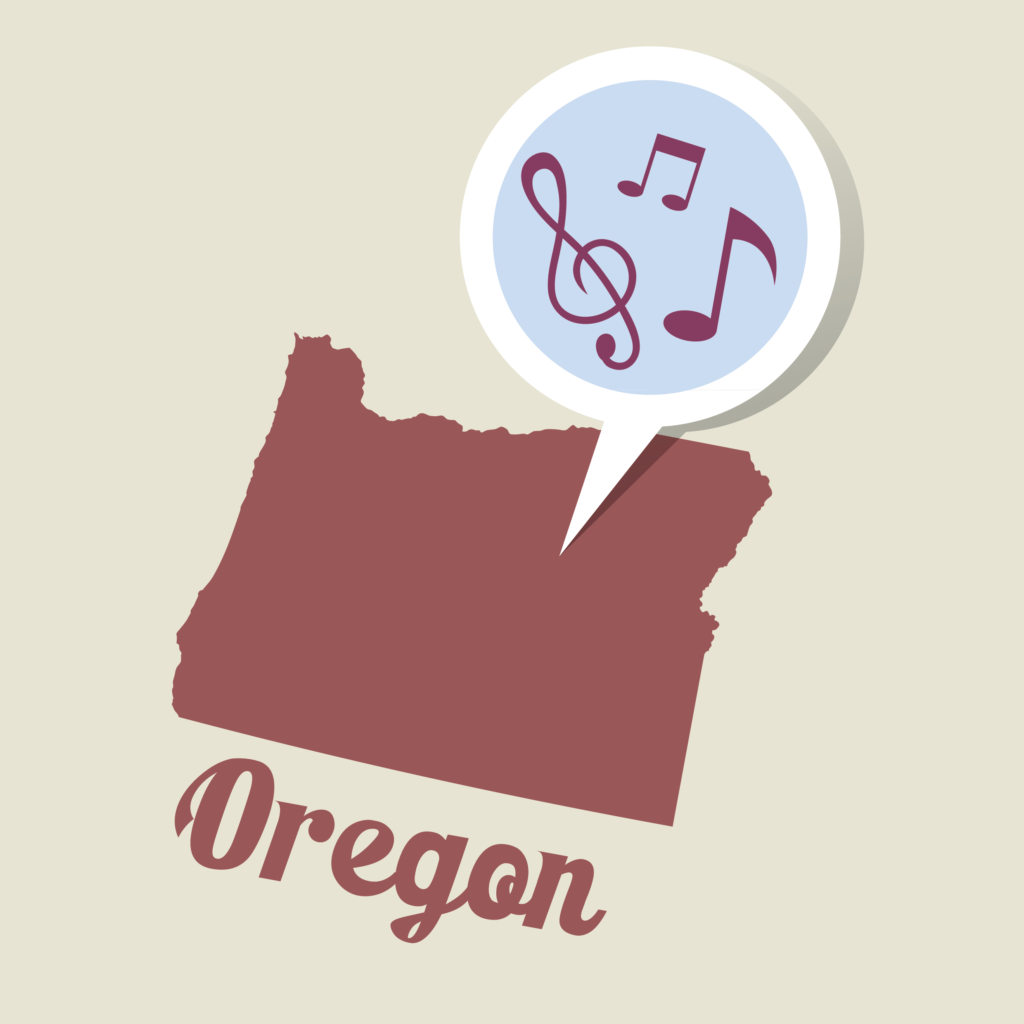
Oregon QR Code Compliance
Oregon is a fully green state, meaning marijuana is legal both recreationally and medically. The Oregon Medical Marijuana Act was one of the first passed in the country. It was established in 1998. Adult-use cannabis was legalized in 2014 for adults over the age of 21.
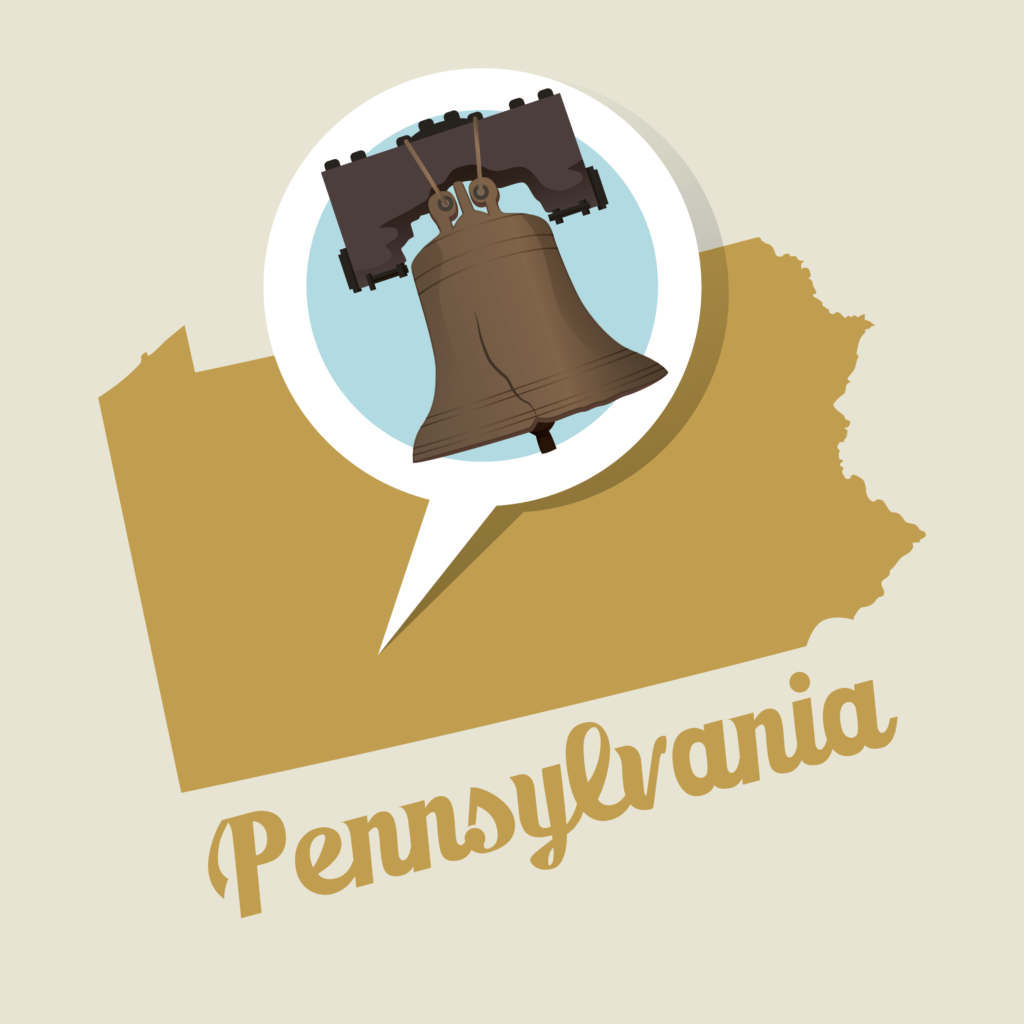
Pennsylvania QR Code Compliance
From January to May 2019, more than 300 Pennsylvania farmers were approved to begin cultivating the state’s first industrial hemp crops. The Pennsylvania Industrial Hemp Act made it legal for state-licensed farmers to start growing hemp, and low-THC CBD became legal in 2019.
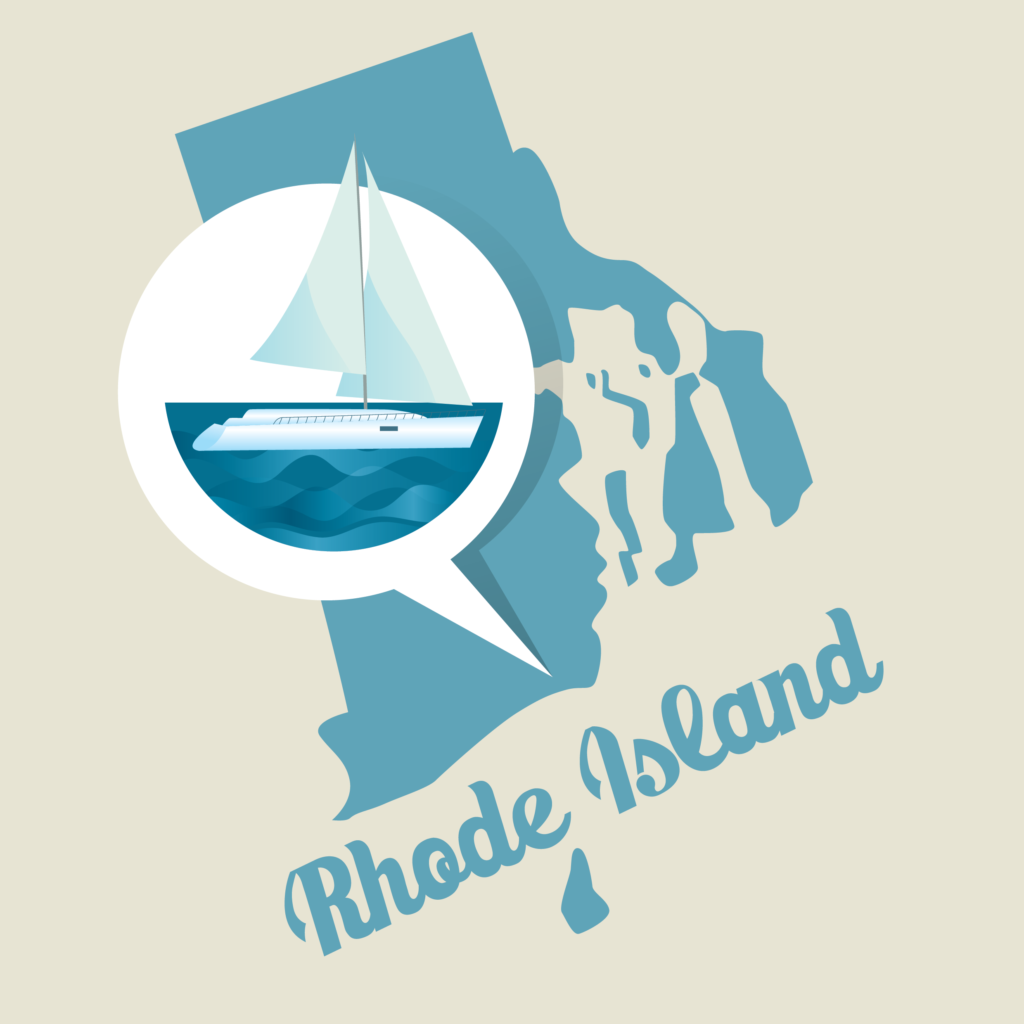
Rhode Island QR Code Compliance
Rhode Island House Bill H8232A legalized industrial hemp and put in place regulations for hemp growers and manufacturers. In 2019, several farms and CBD startup companies began harvesting and processing hemp and hemp-based CBD oil. Hemp-based CBD is legal in Rhode Island as long as the THC concentration is less than 0.3%.
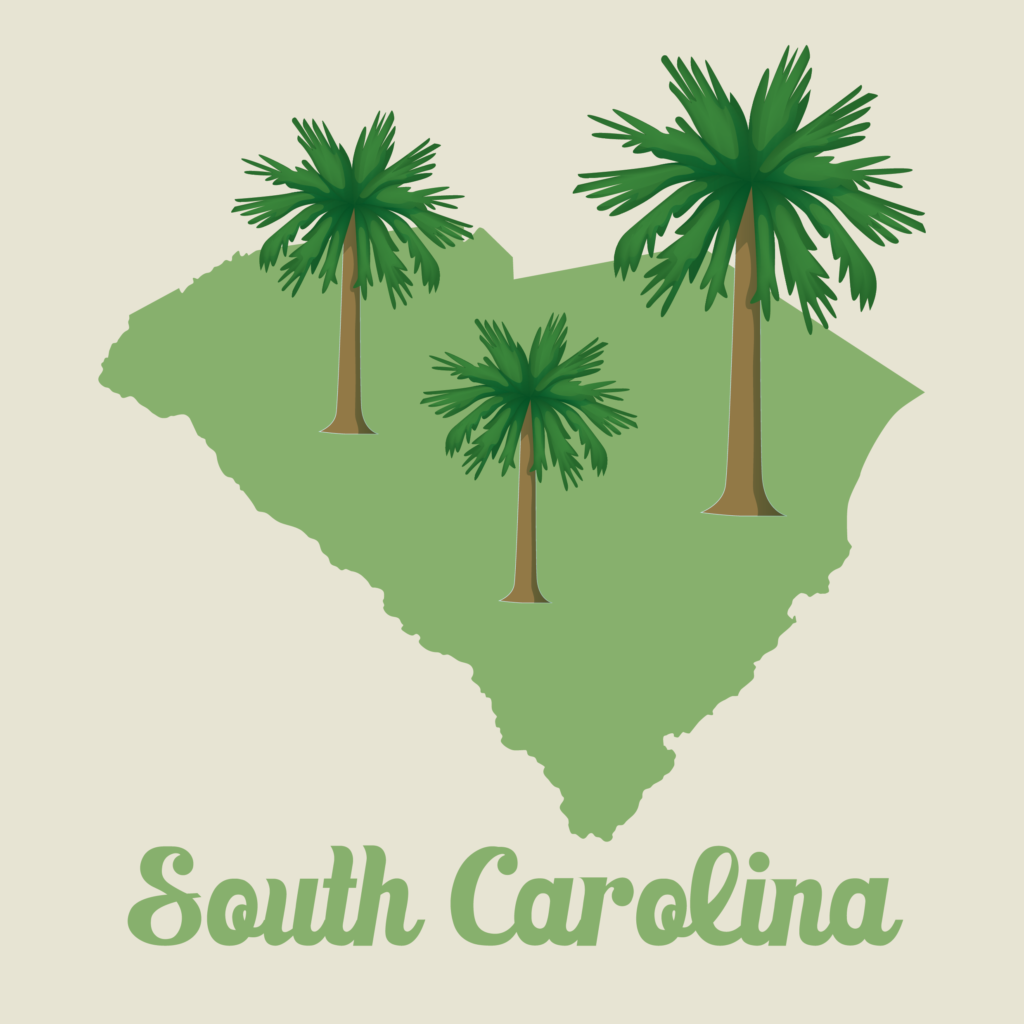
South Carolina QR Code Compliance
Hemp cultivation has been legal in South Carolina since 2017. South Carolina House Bill H3449 expanded the industrial hemp program to make it easier to process and handle hemp. Hemp-based CBD oil is also legal in the state, as long as THC concentration is not greater than 0.3%.
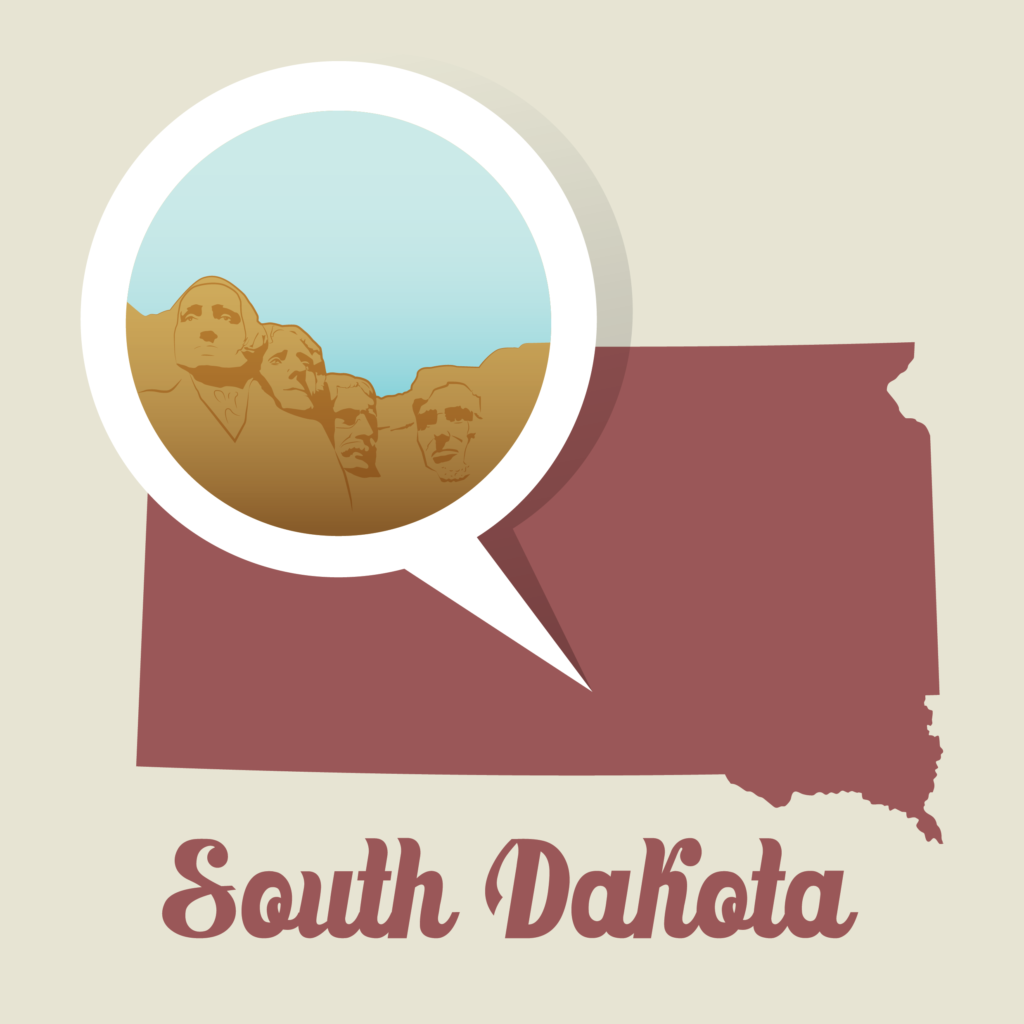
South Dakota QR Code Compliance
This state does not allow the sale or possession of CBD products. Because laws often change, check back for updates. We are continually following CBD legislative news.
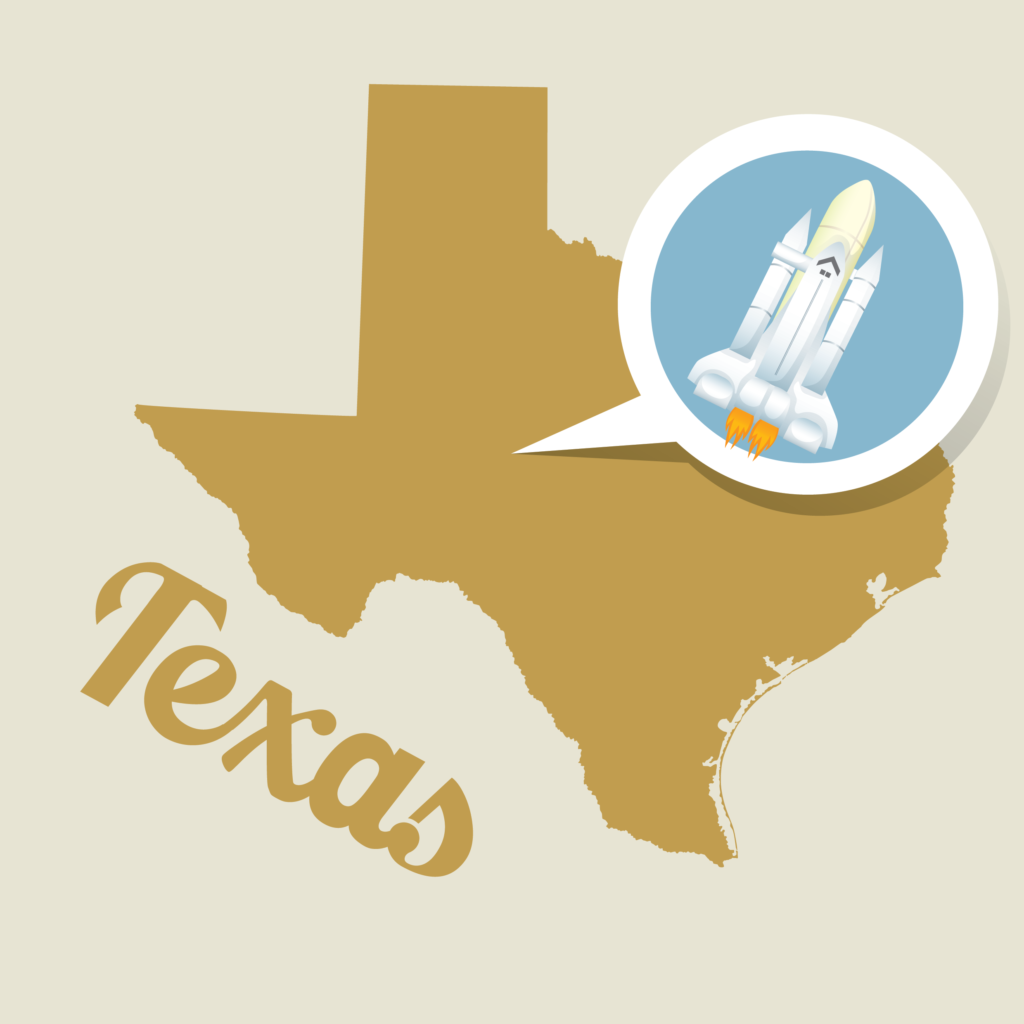
Texas QR Code Compliance
Texas law requires CBD product manufacturers to provide a QR code on packaging. Like other states with QR requirements, the code must link to an online product page that lists ingredients, testing results, and manufacturer information.
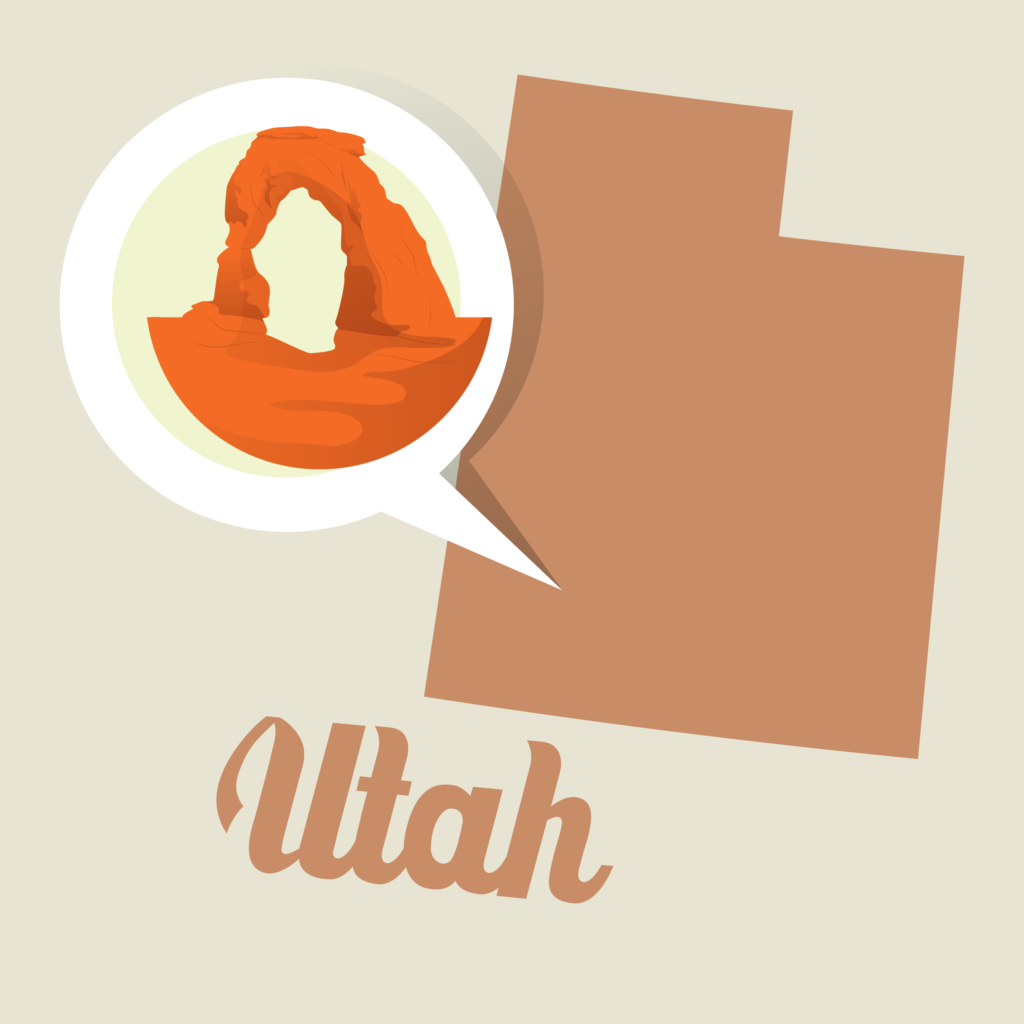
Utah QR Code Compliance
When crafting 2018 CBD regulations, Utah lawmakers decided to include the provision that all products must contain a bar code or QR code that links to information on product purity.
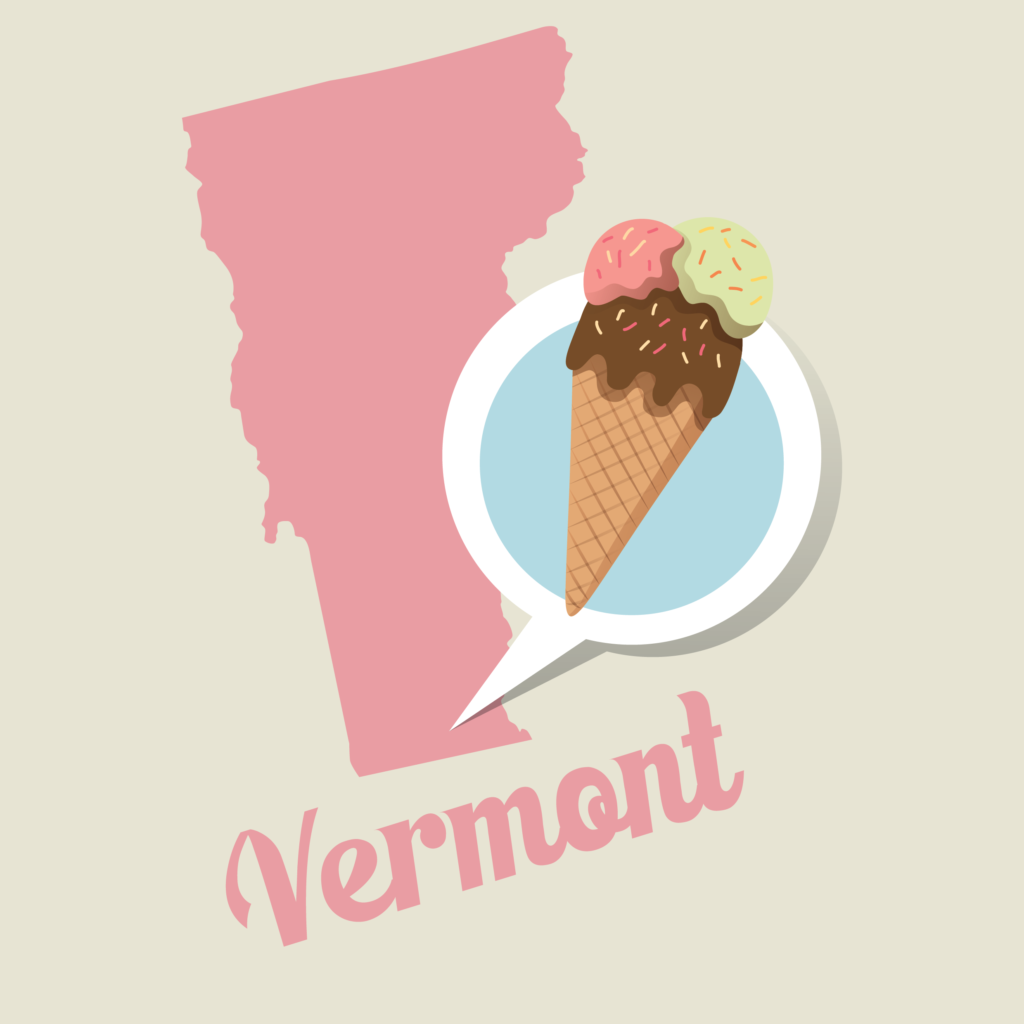
Vermont QR Code Compliance
Vermont adults over the age of 21 are allowed to legally consume and grow cannabis. Vermont was one of the first states to establish a medical marijuana program in 2004. It made cannabis fully legal in 2018. While growing and consuming marijuana is legal, it is not allowed to be sold in stores.
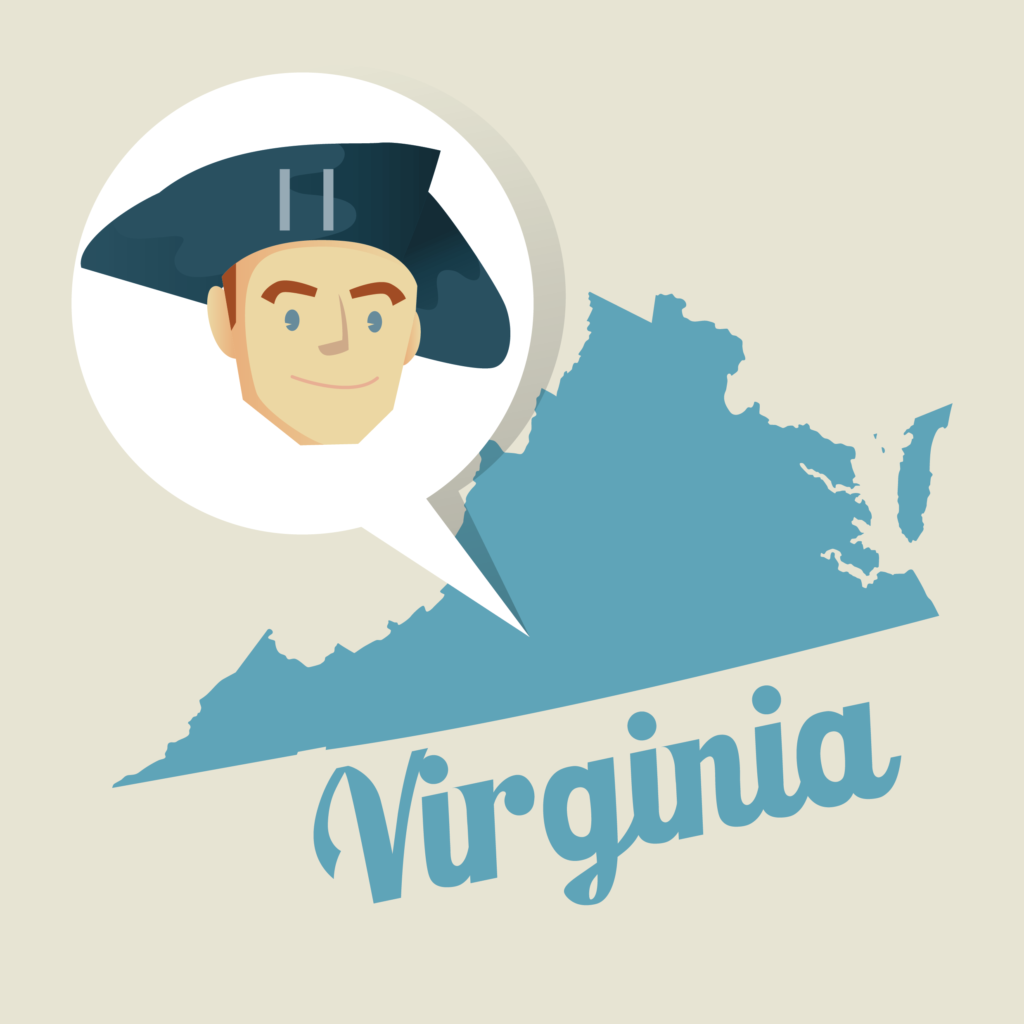
Virgina QR Code Compliance
Recreational use of marijuana is illegal in Virginia. However, industrial hemp and hemp-based CBD with a THC concentration of less than 0.3% is legal. In 2019, the state passed Virginia Senate Bill 1557 which establishes pharmaceutical regulation of CBD oil and products.
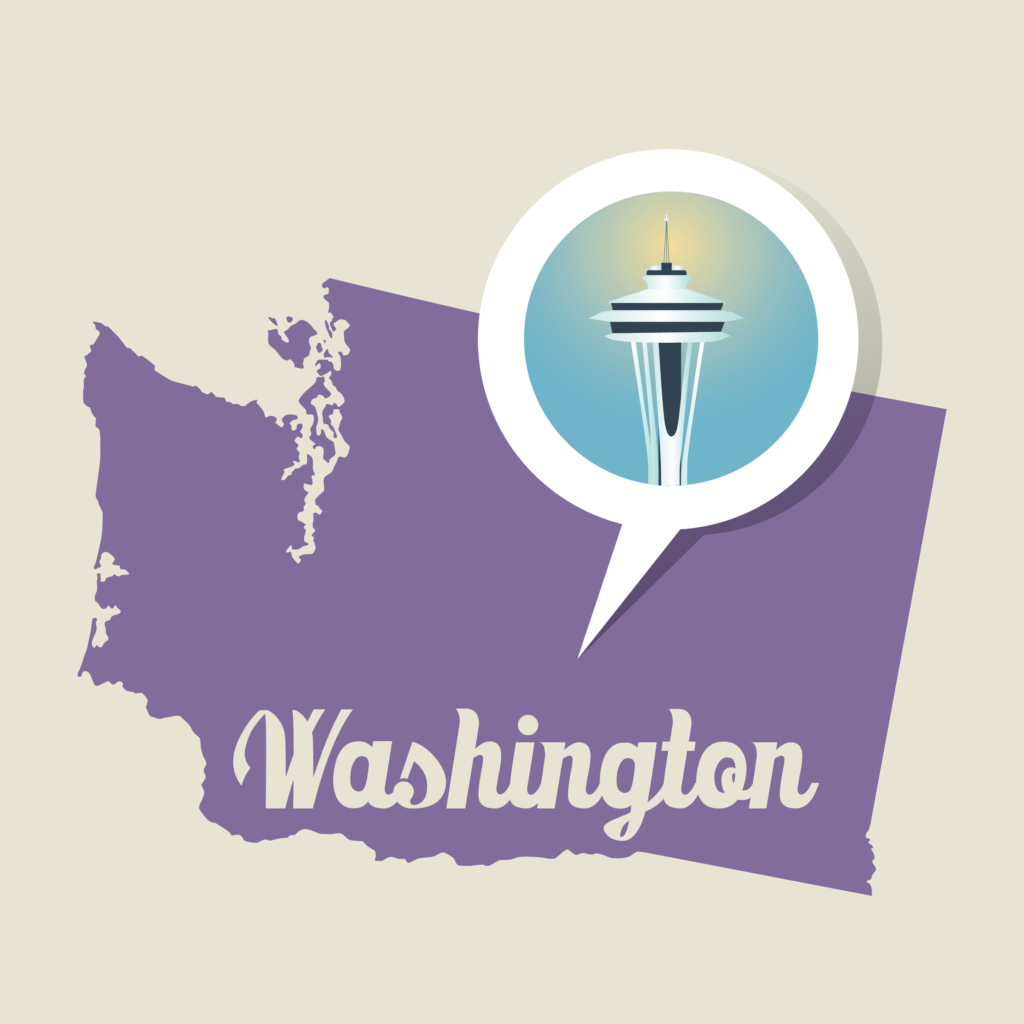
Washington QR Code Compliance
As of 2019, industrial hemp and hemp-based CBD is legal in Washington. However, there is ongoing confusion over where products can be sold. The state maintains CBD can only be sold through licensed cannabis retailers, although that may change as major national chain stores begin carrying legal CBD products.
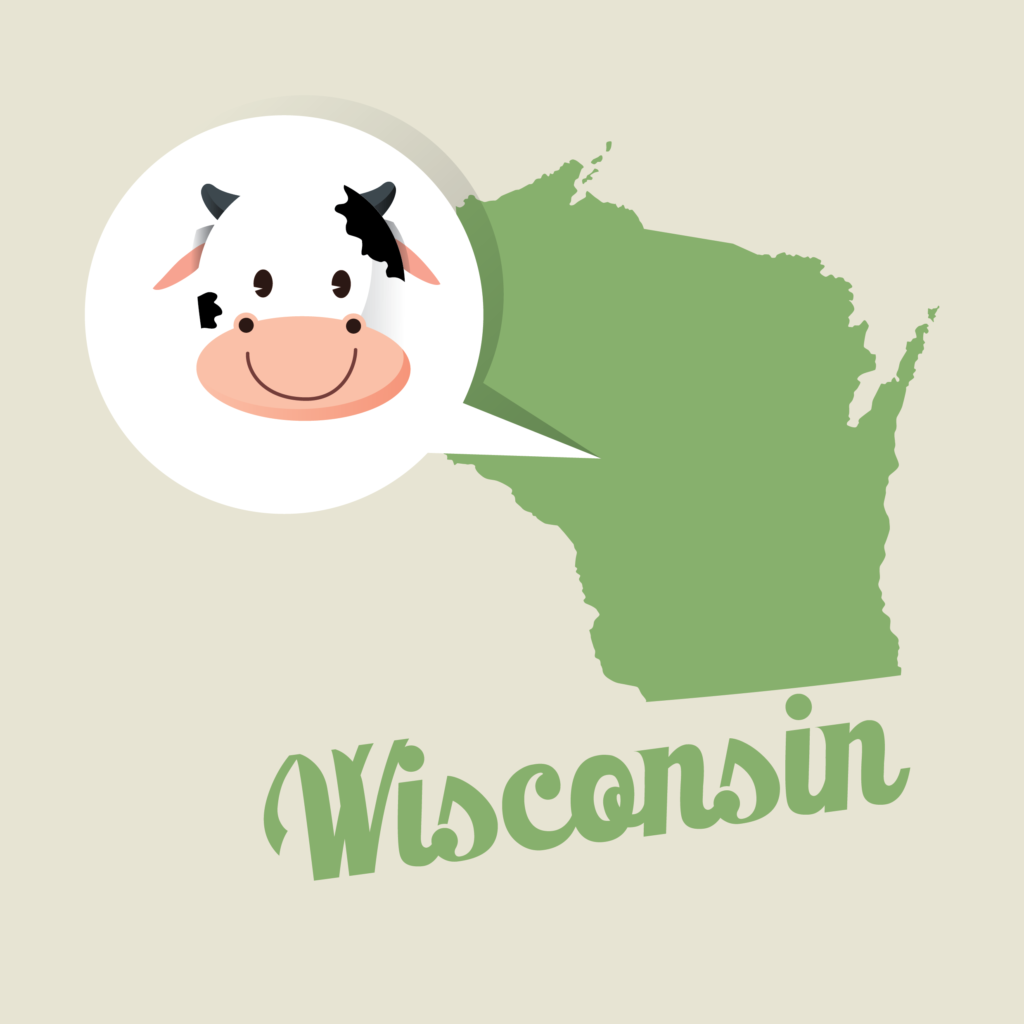
Wisconsin QR Code Compliance
When industrial hemp containing less than 0.3% THC was federally reclassified and made legal in 2018, hemp-based CBD products flooded the retail market and Wisconsin law became foggy. To help redefine hemp, and also to establish rules around industrial hemp farming, Wisconsin Assembly Bill 206 was introduced in 2019 to establish industrial hemp guidelines.
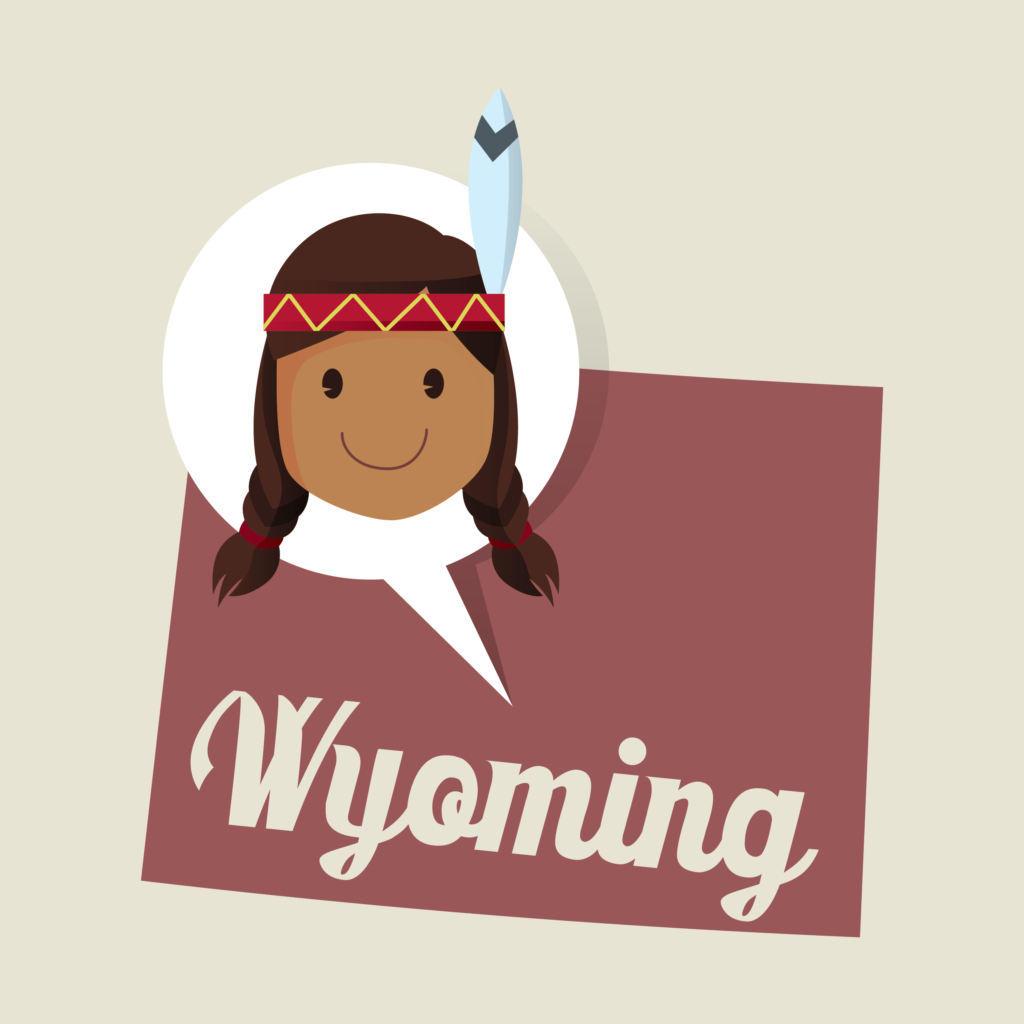
Wyoming QR Code Compliance
In 2018, hemp-based CBD with less than 0.3% THC was made legal under the federal Farm Bill. By 2019, legal CBD products were entering Wyoming, but state law still stated CBD with any THC was still illegal in the state. This created legal confusion for retailers and consumers. Wyoming House Bill 171 was passed in 2019 to make low-THC hemp-based CBD legal in Wyoming.
How we help you comply
CBD QR code compliance regulations are complicated. The rules are shifting. Requirements are still being debated across the country. So, how do you know whether you’re meeting state CBD requirements, in particular QR code compliances? We’re here to help.
QR Code Compliance was founded by a lawyer who’s been following cannabis legislation from the beginning. We’ve watched cannabis laws evolve, and we’ve monitored federal regulations in the hemp and hemp-based CBD arenas. We founded the company to help you navigate the ever-changing rules around lab testing, regulations, and labeling requirements.
All signs point to future CBD regulations that will require certified testing and detailed labeling requirements. When you need help deciphering the laws, we’re here with information to help. We also developed a proprietary system for creating compliant QR codes and product pages.
State testing and labeling requirements span a wide spectrum. We monitor the situation so you can spend your time on product development and better serving your customers.
With QR Code Compliance, you have a partner in meeting state compliance regulations. Our system is constantly evolving to meet the changing needs of CBD manufacturers and retailers. Have questions about us or our service? Reach out. We’re here to help.

